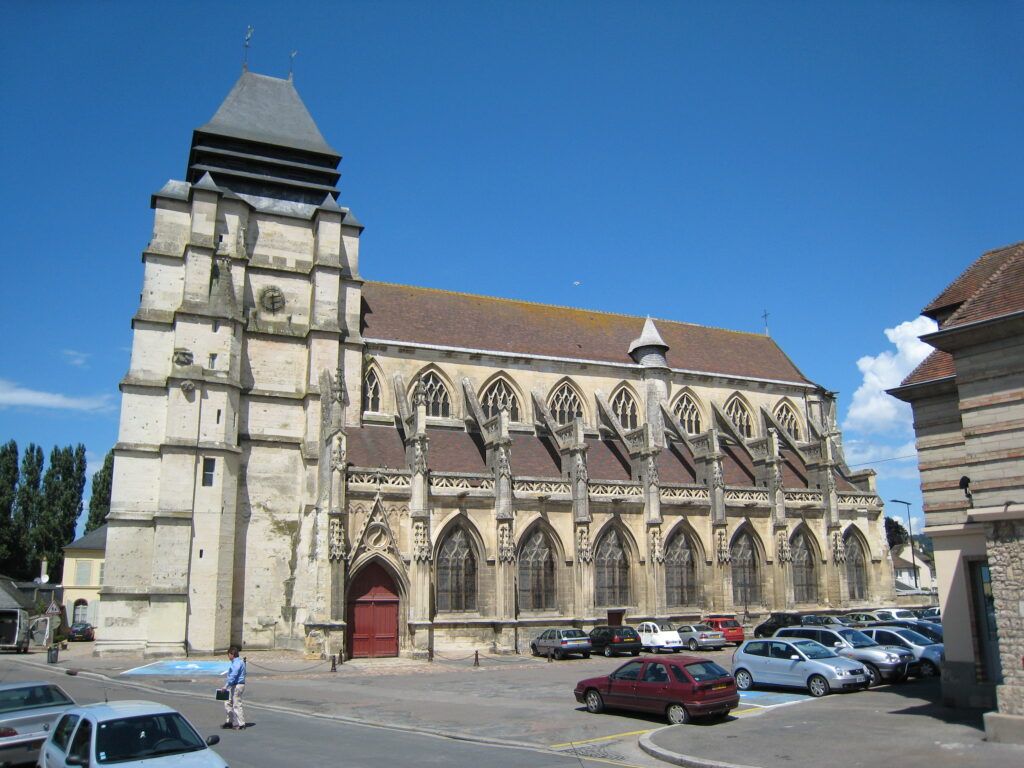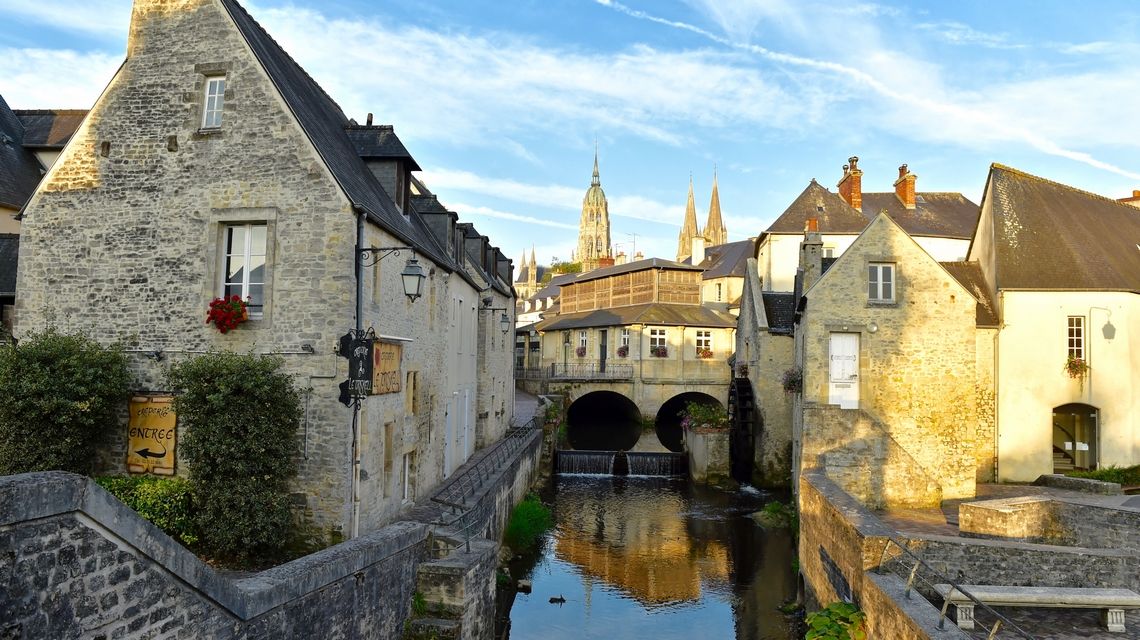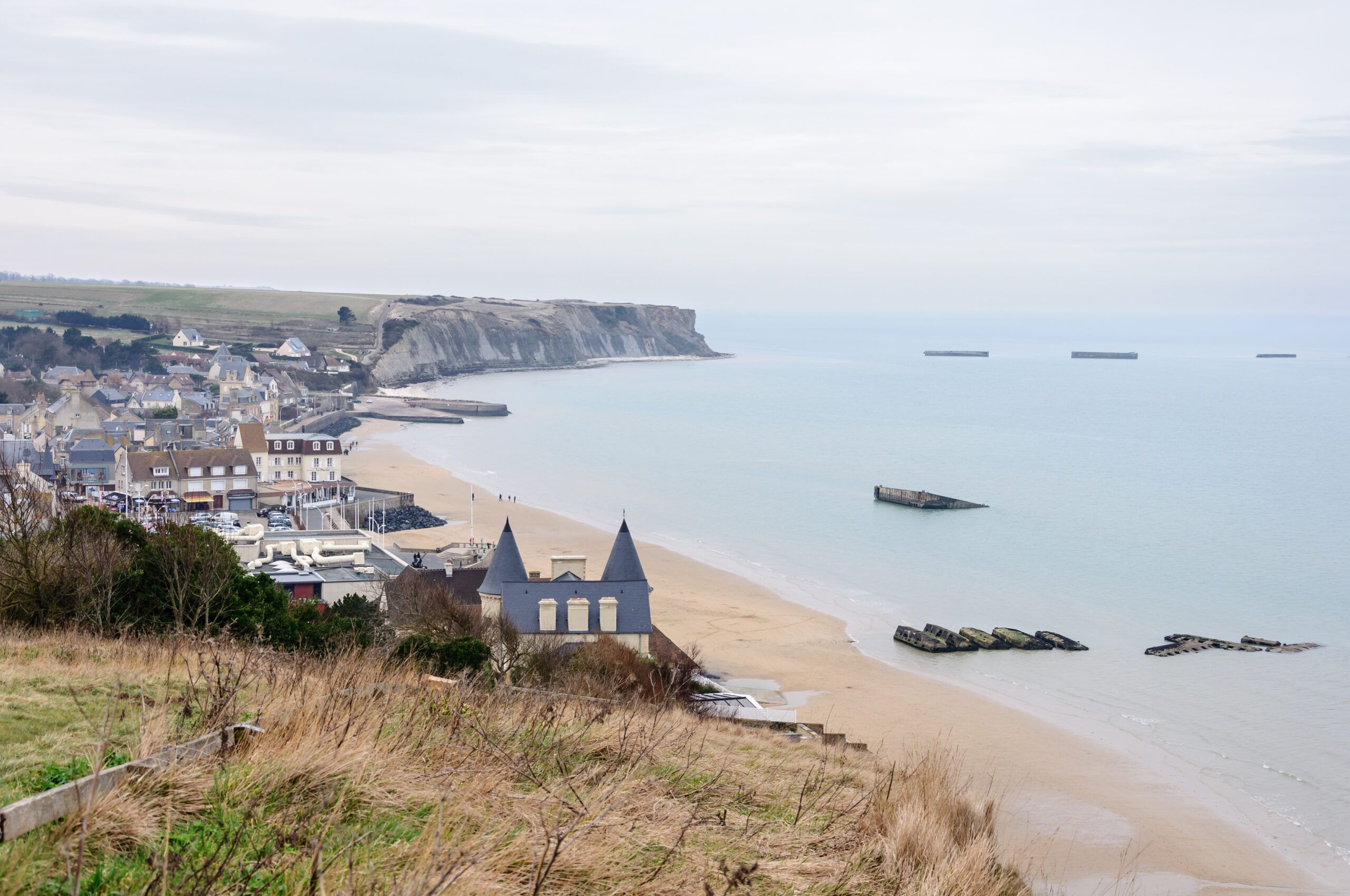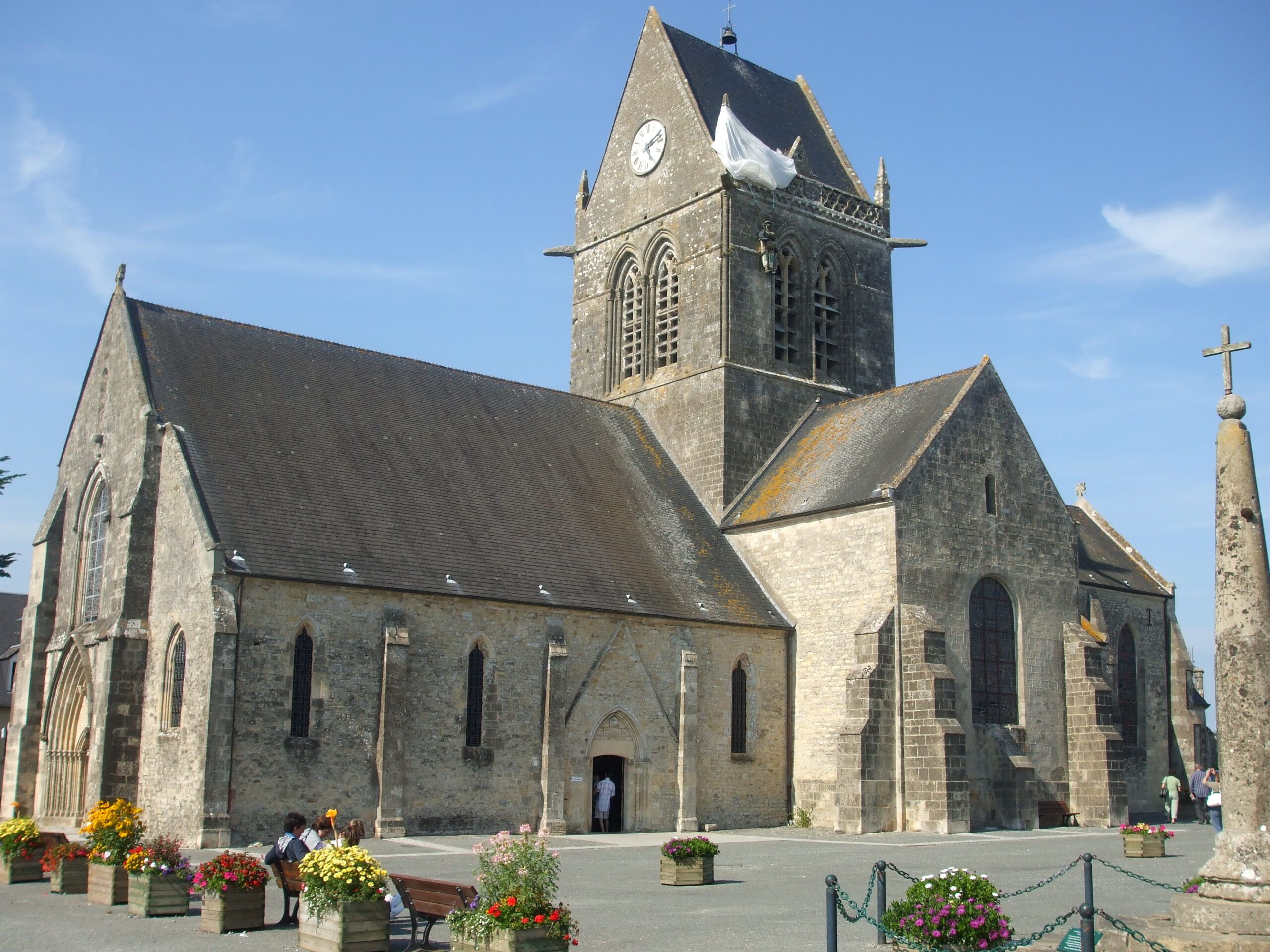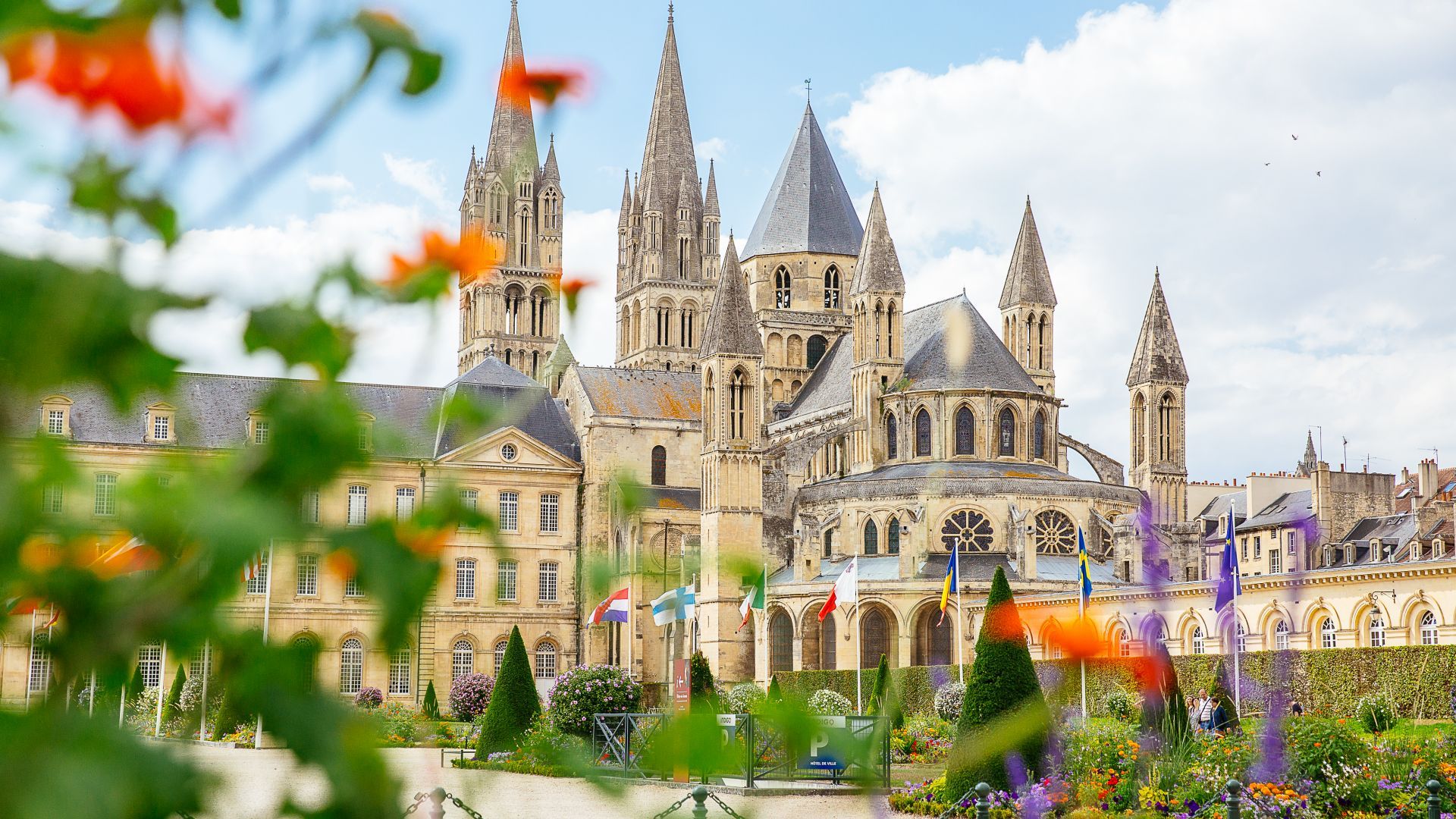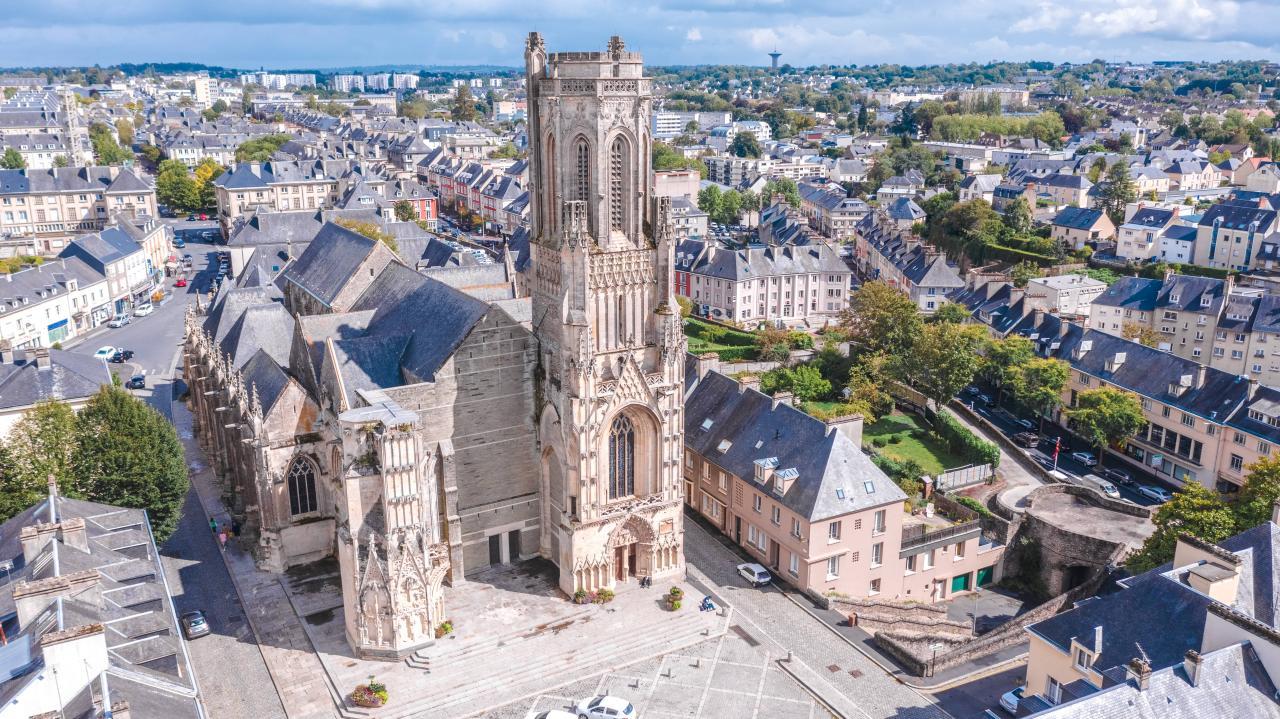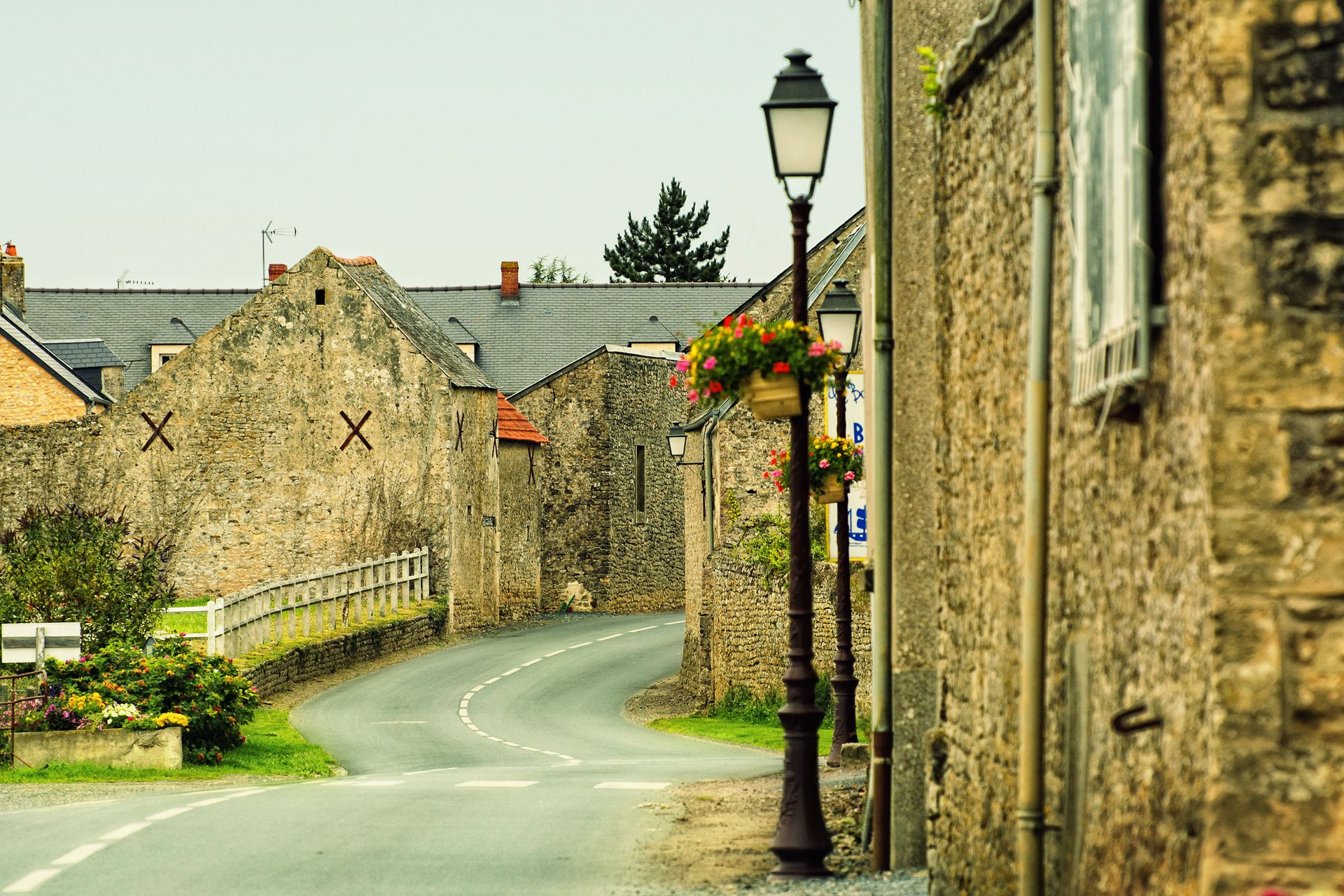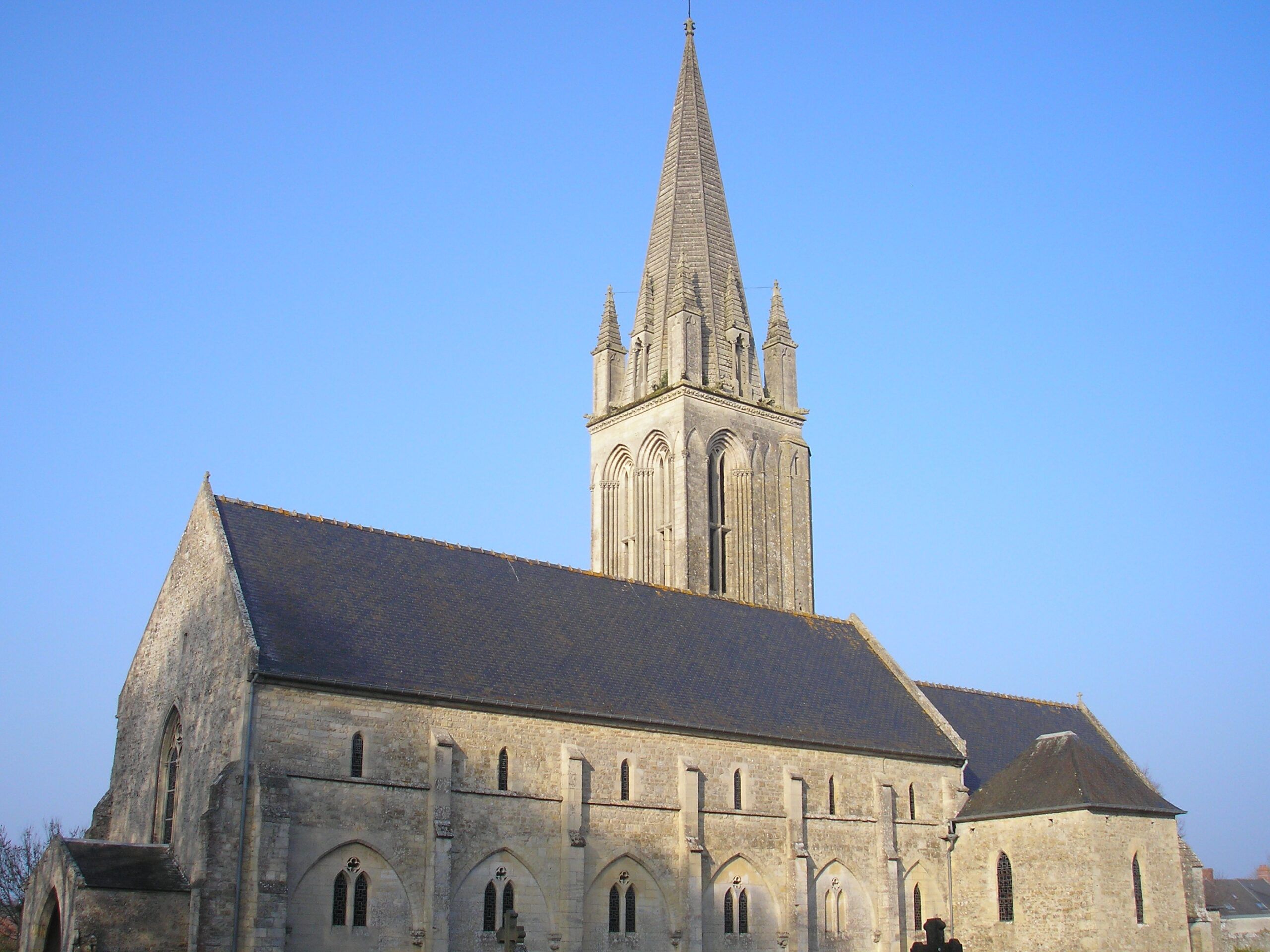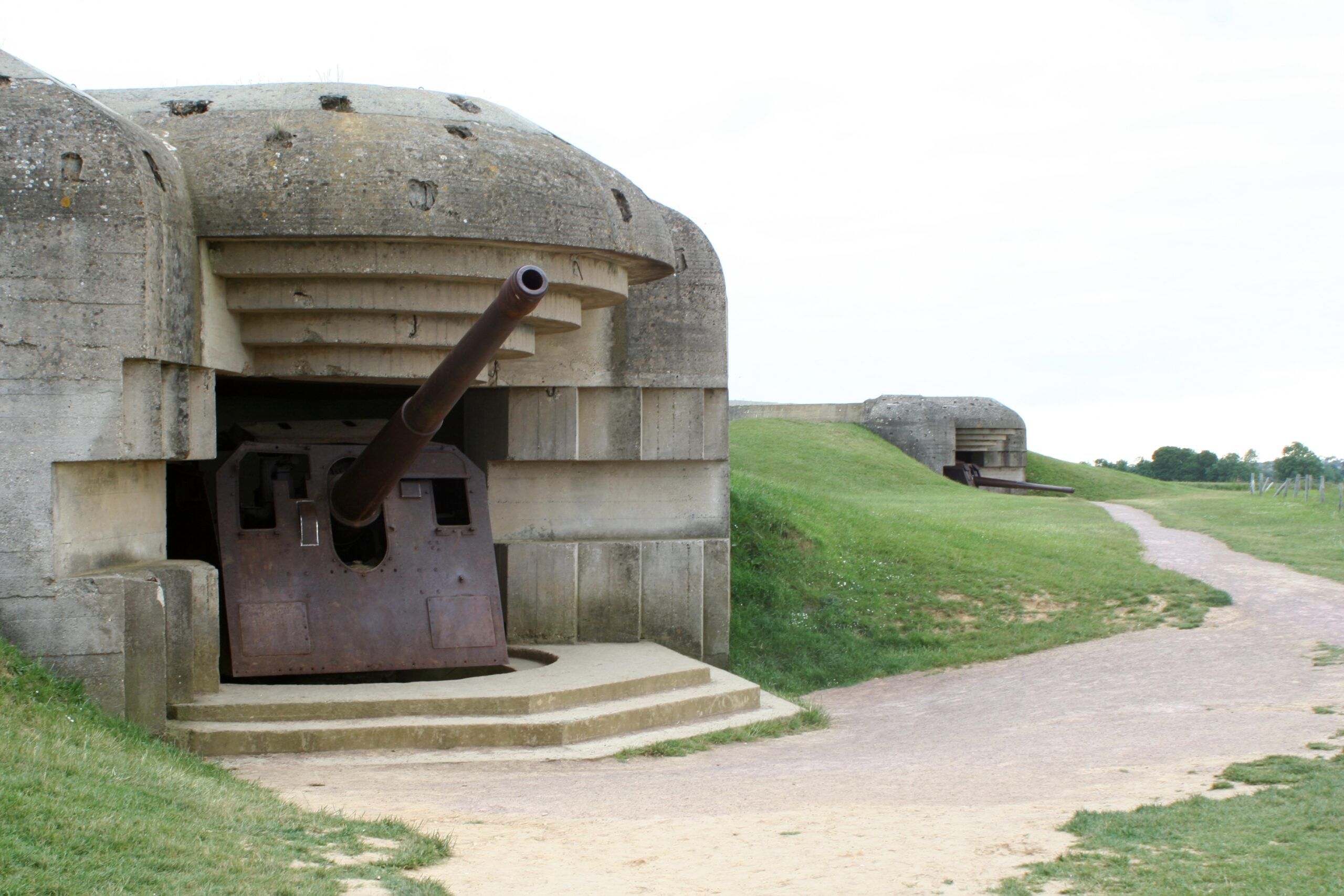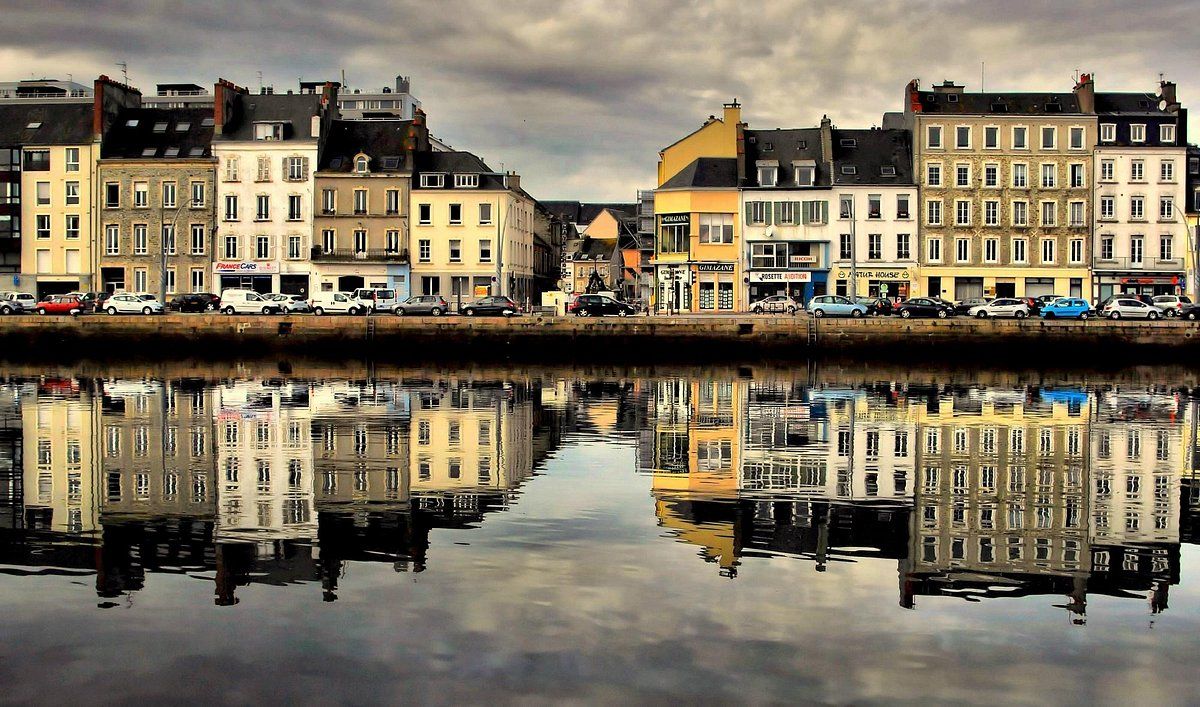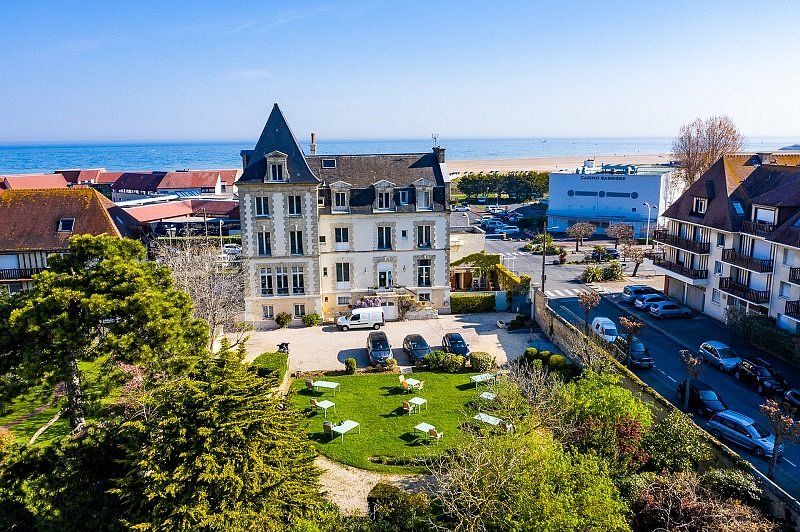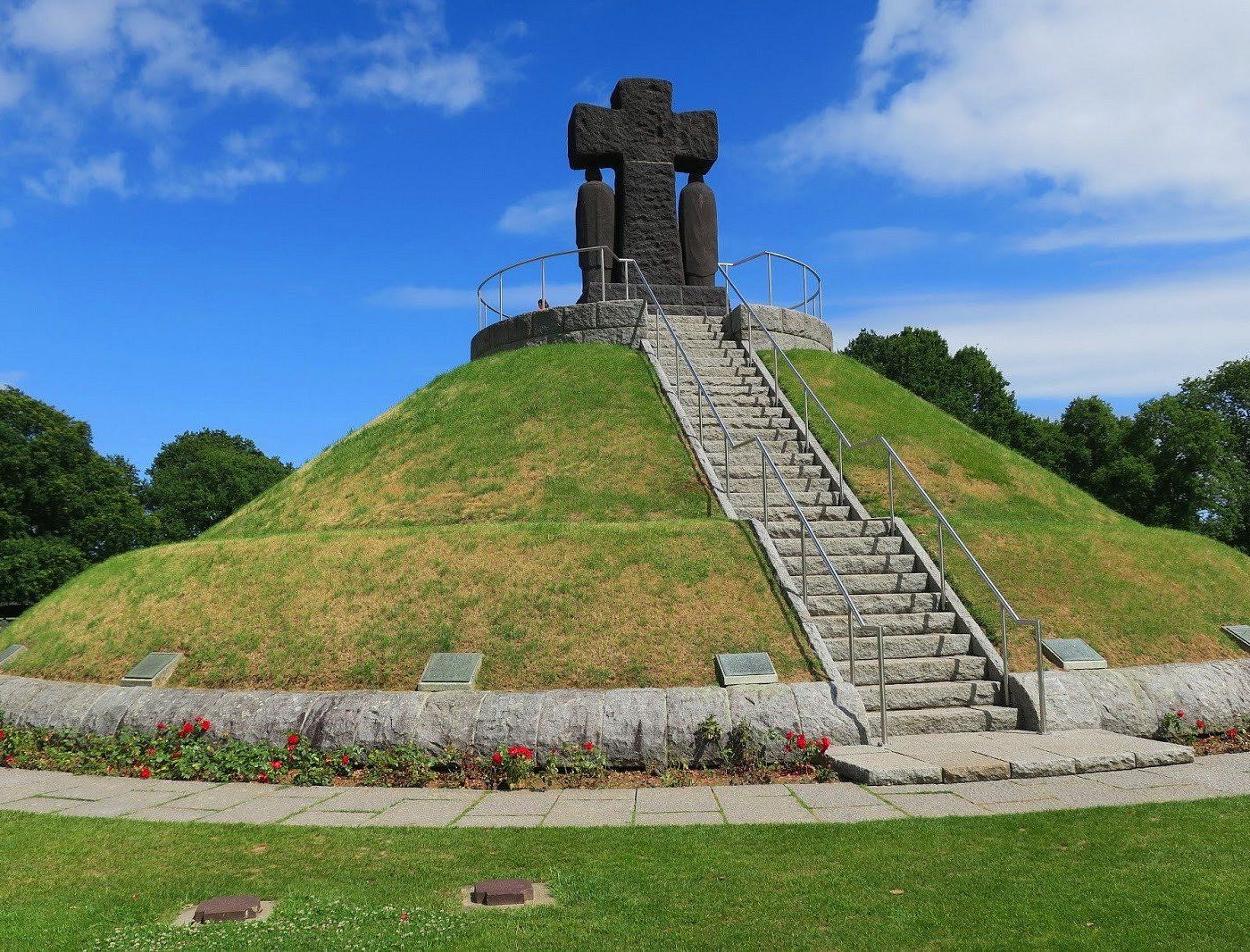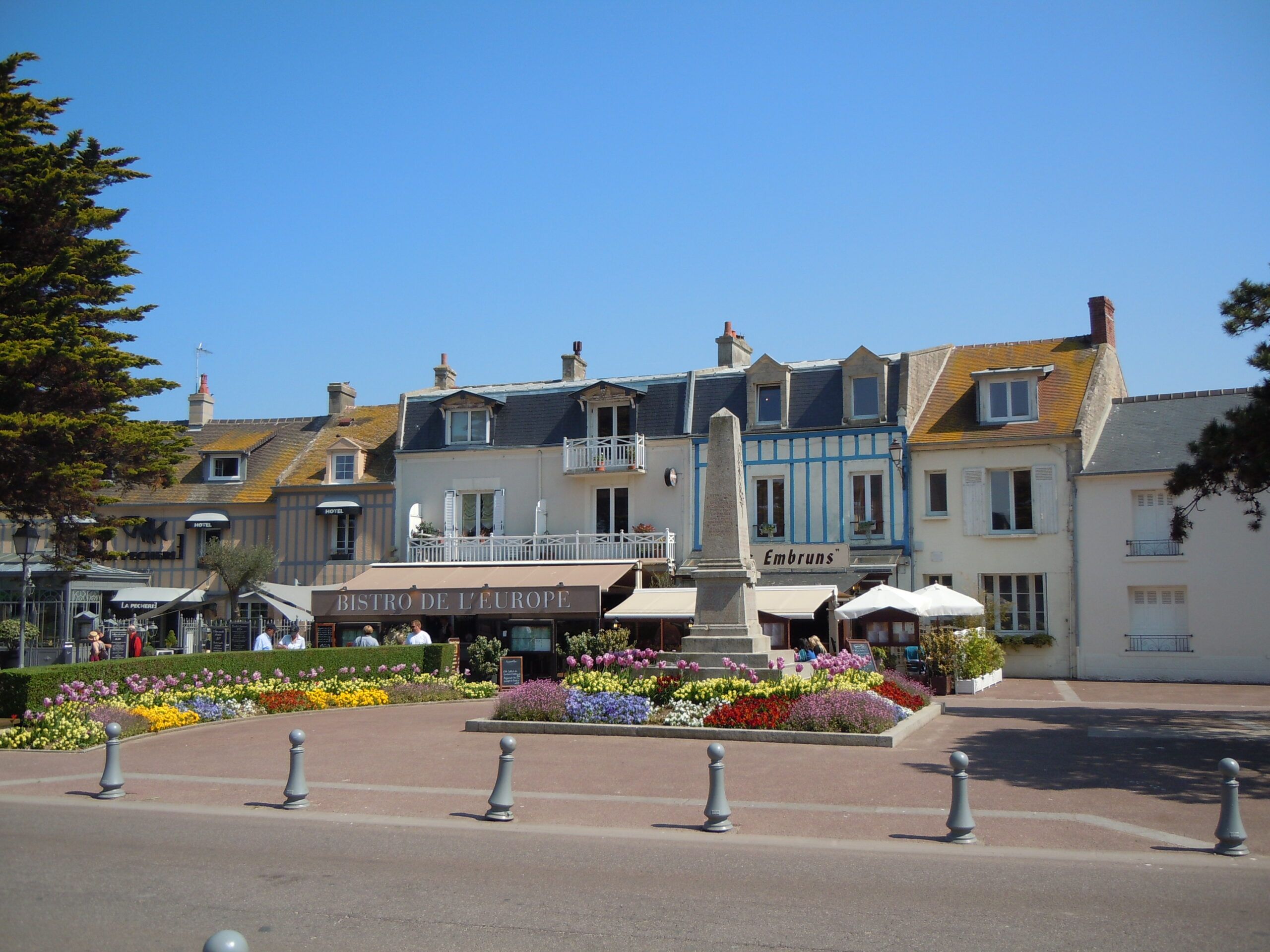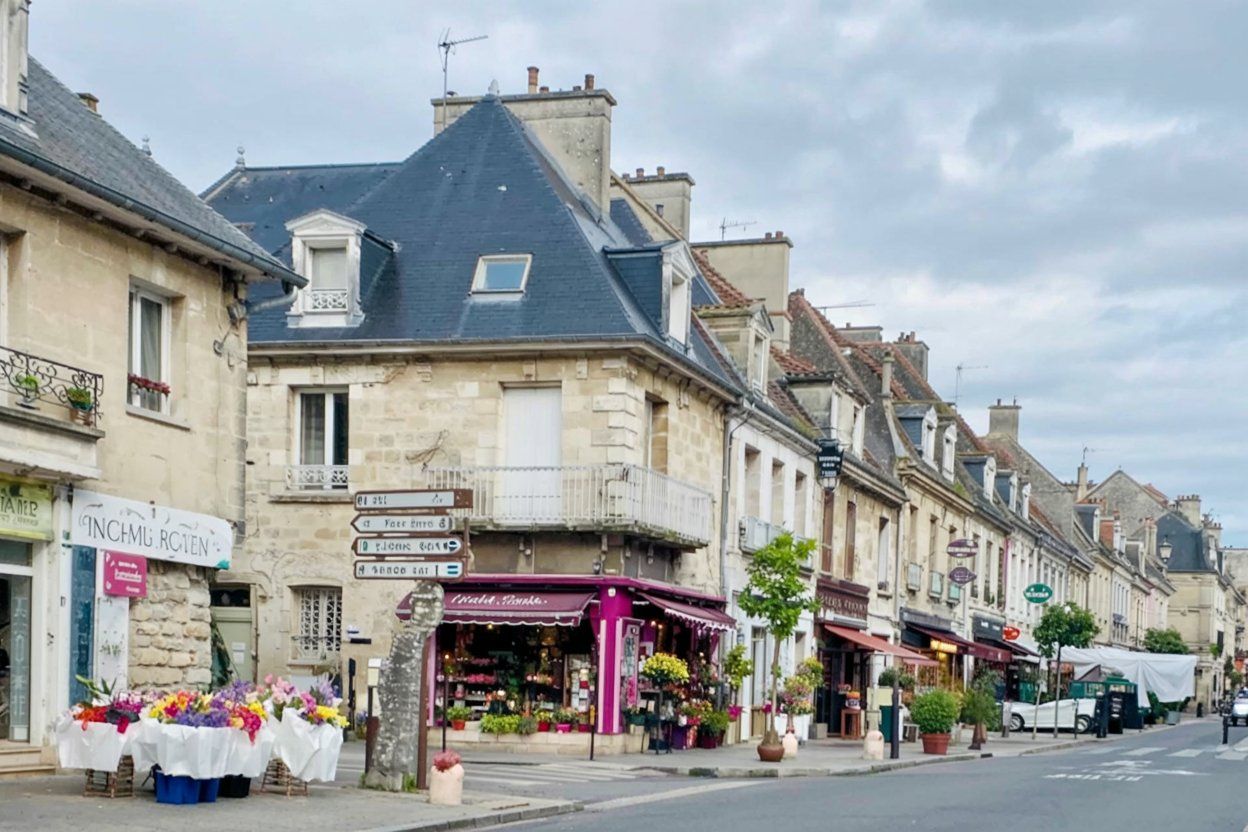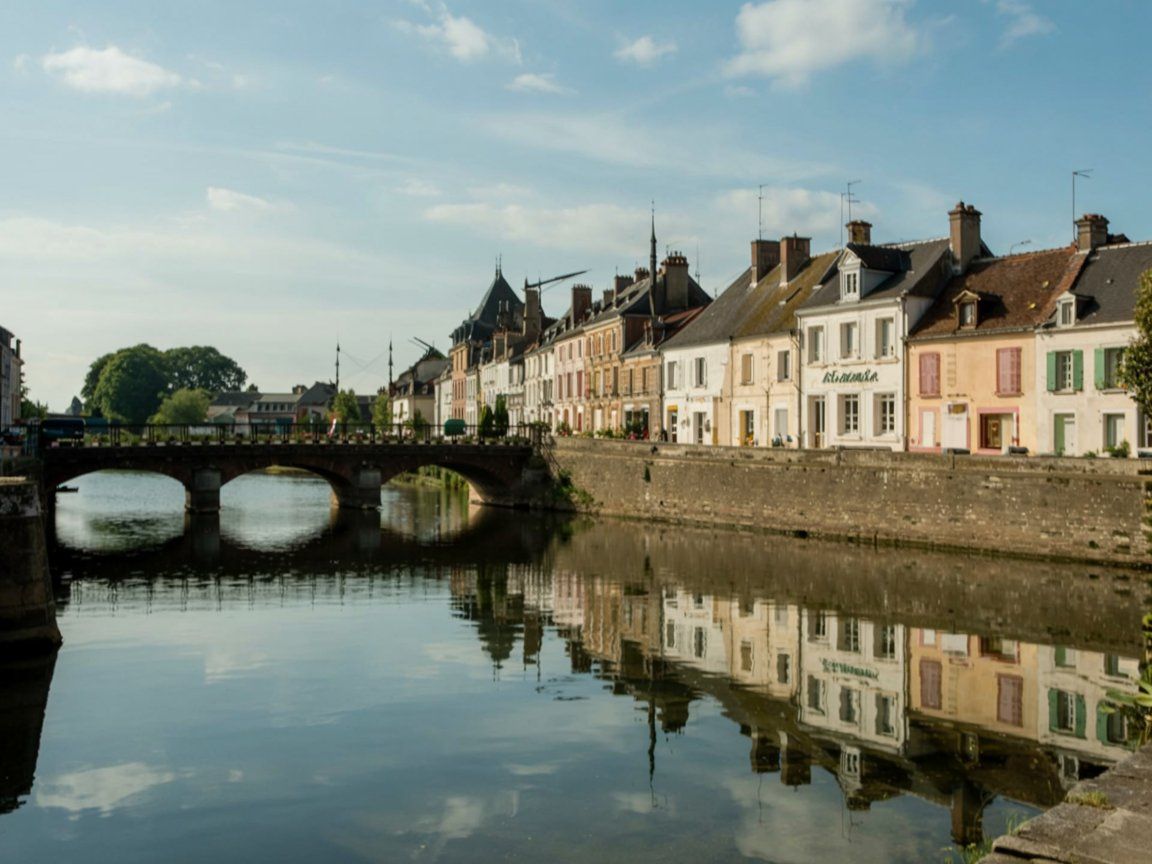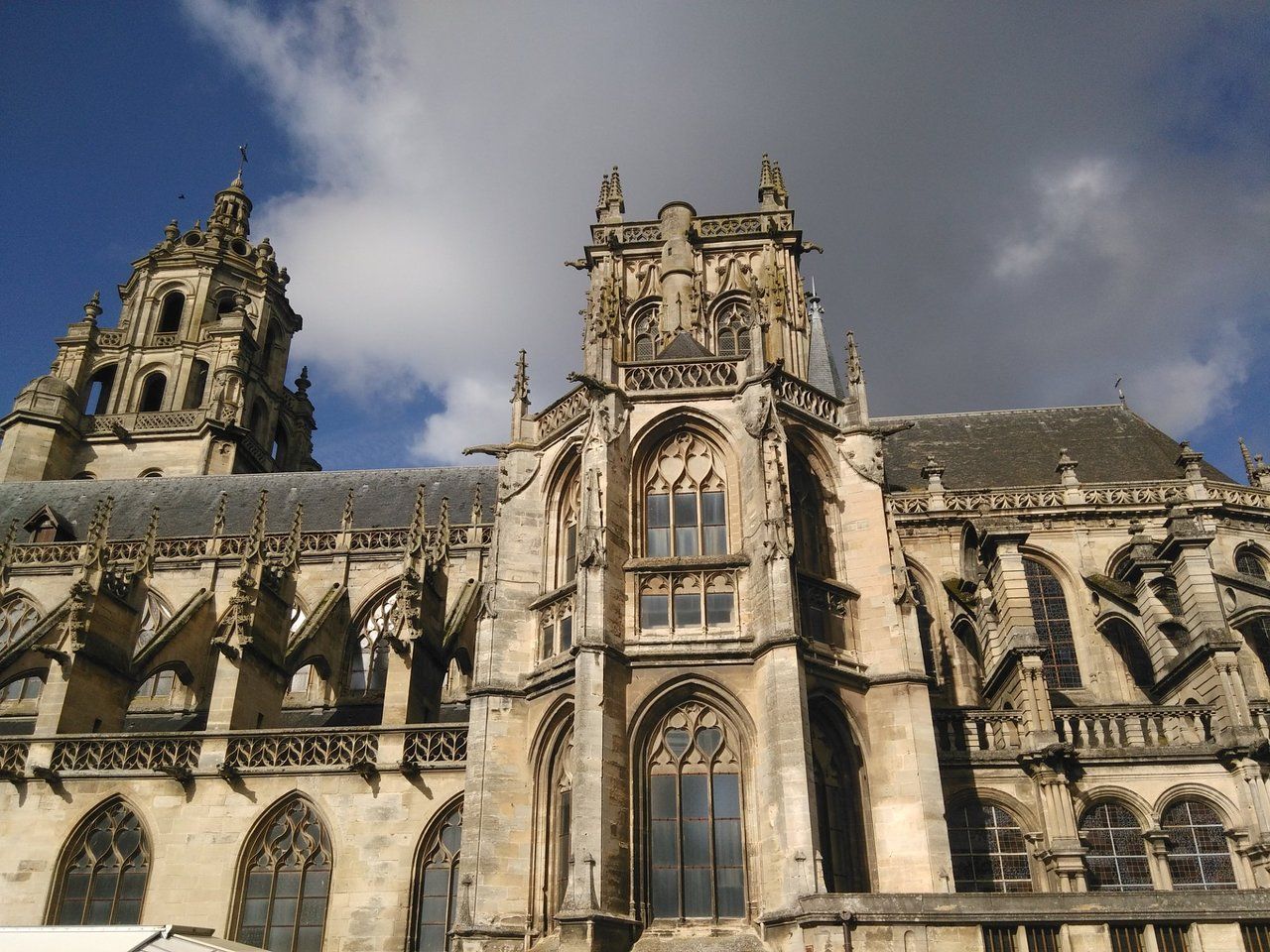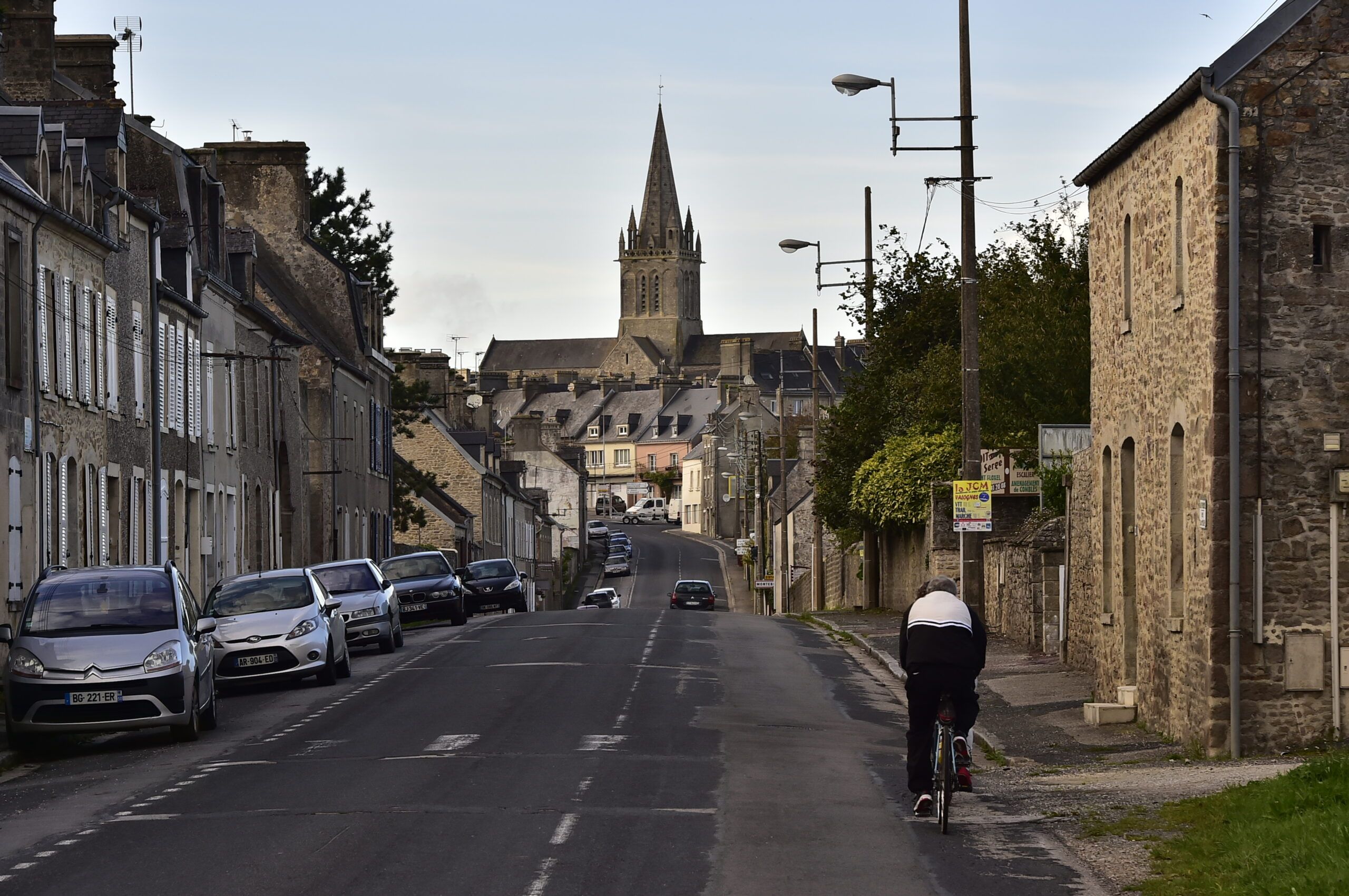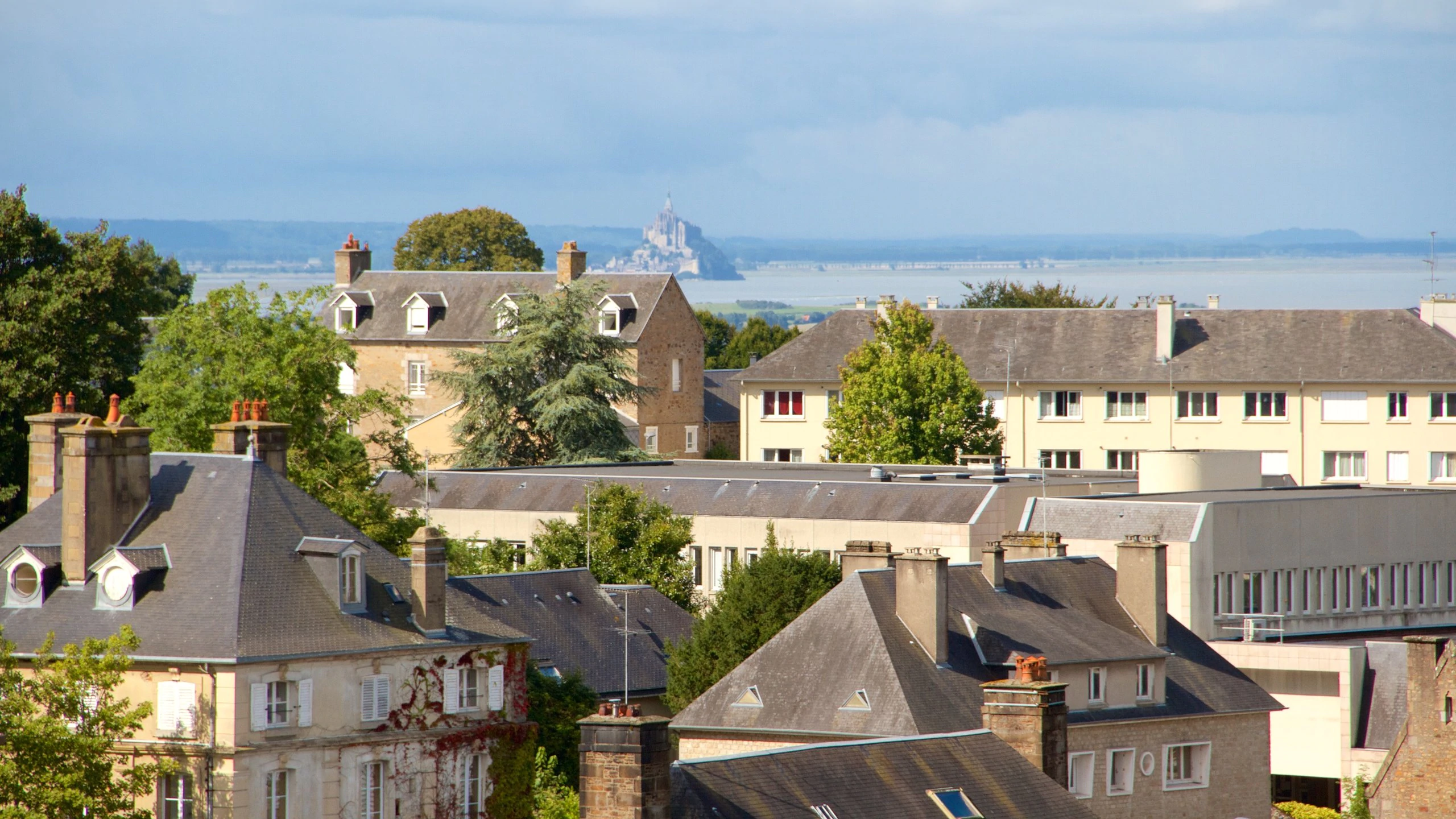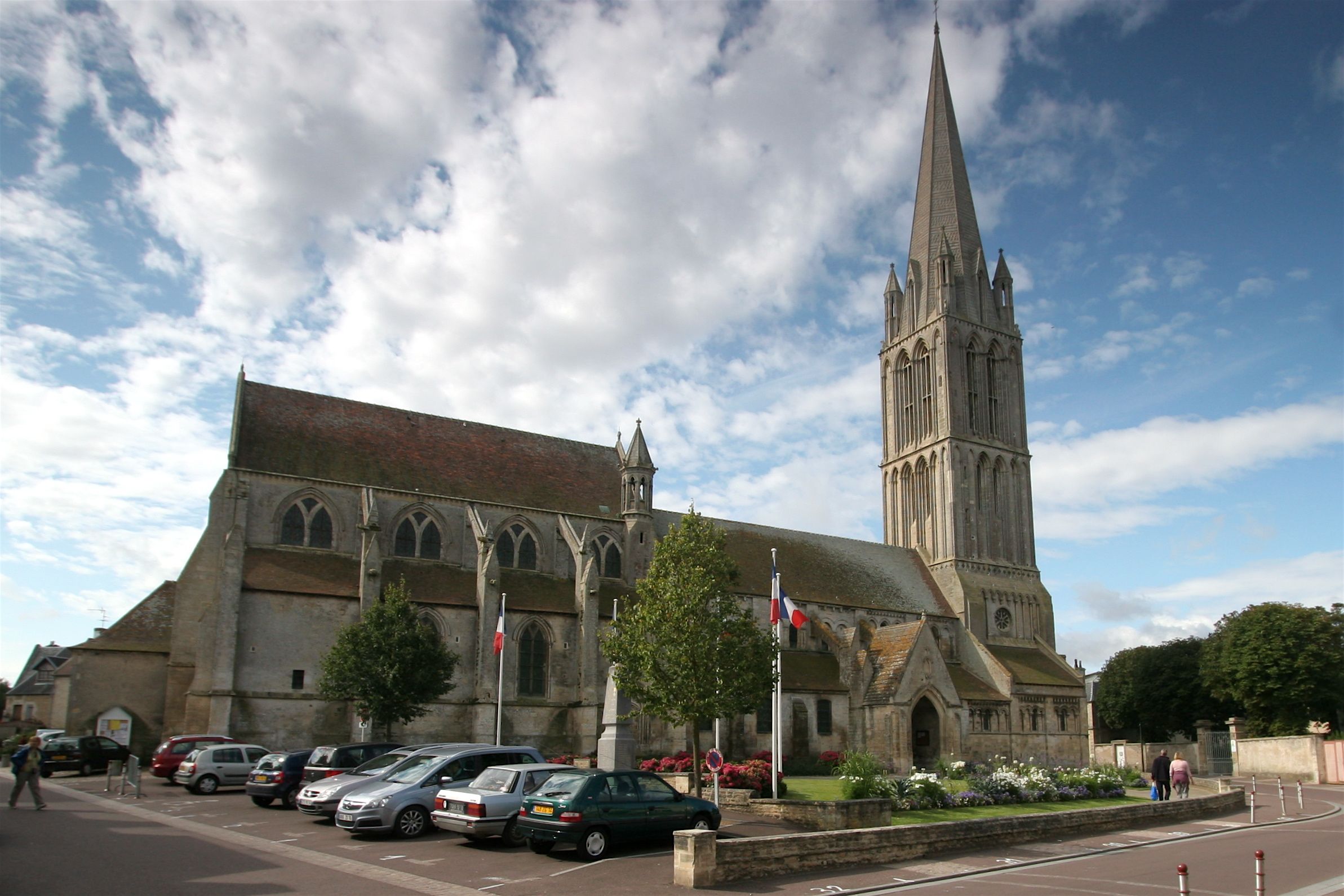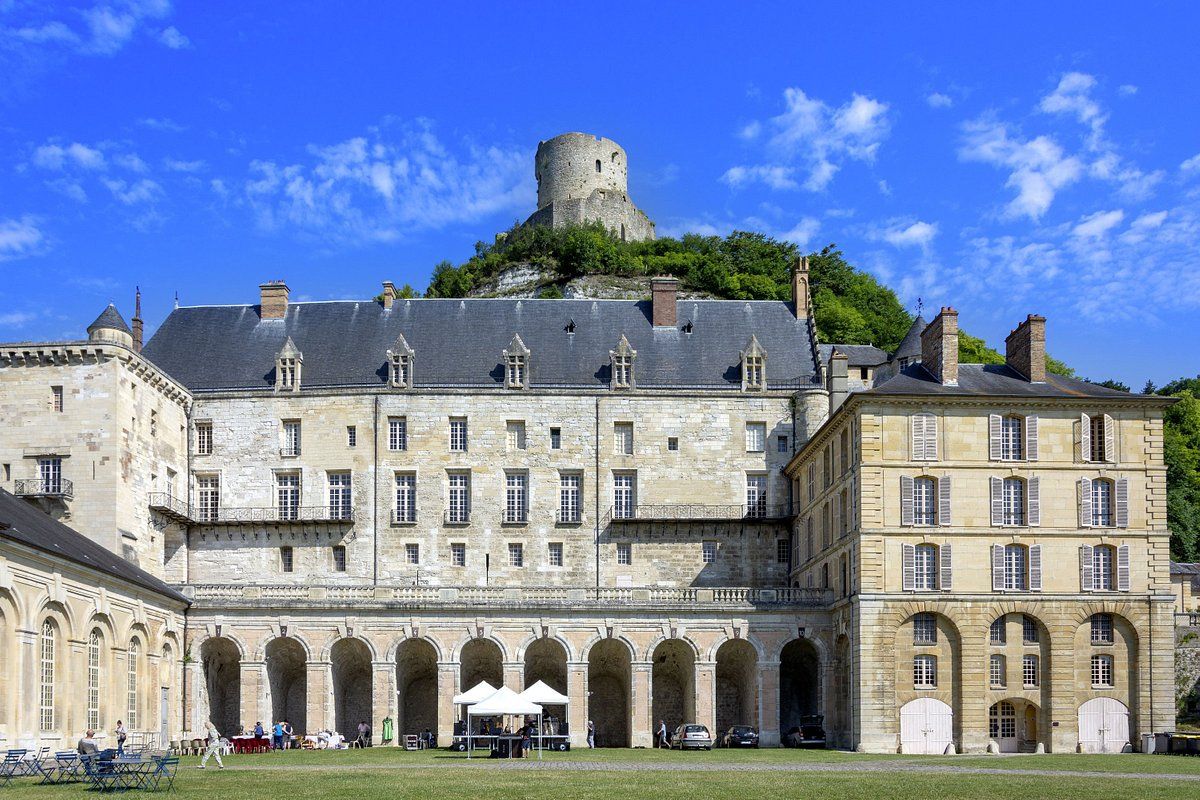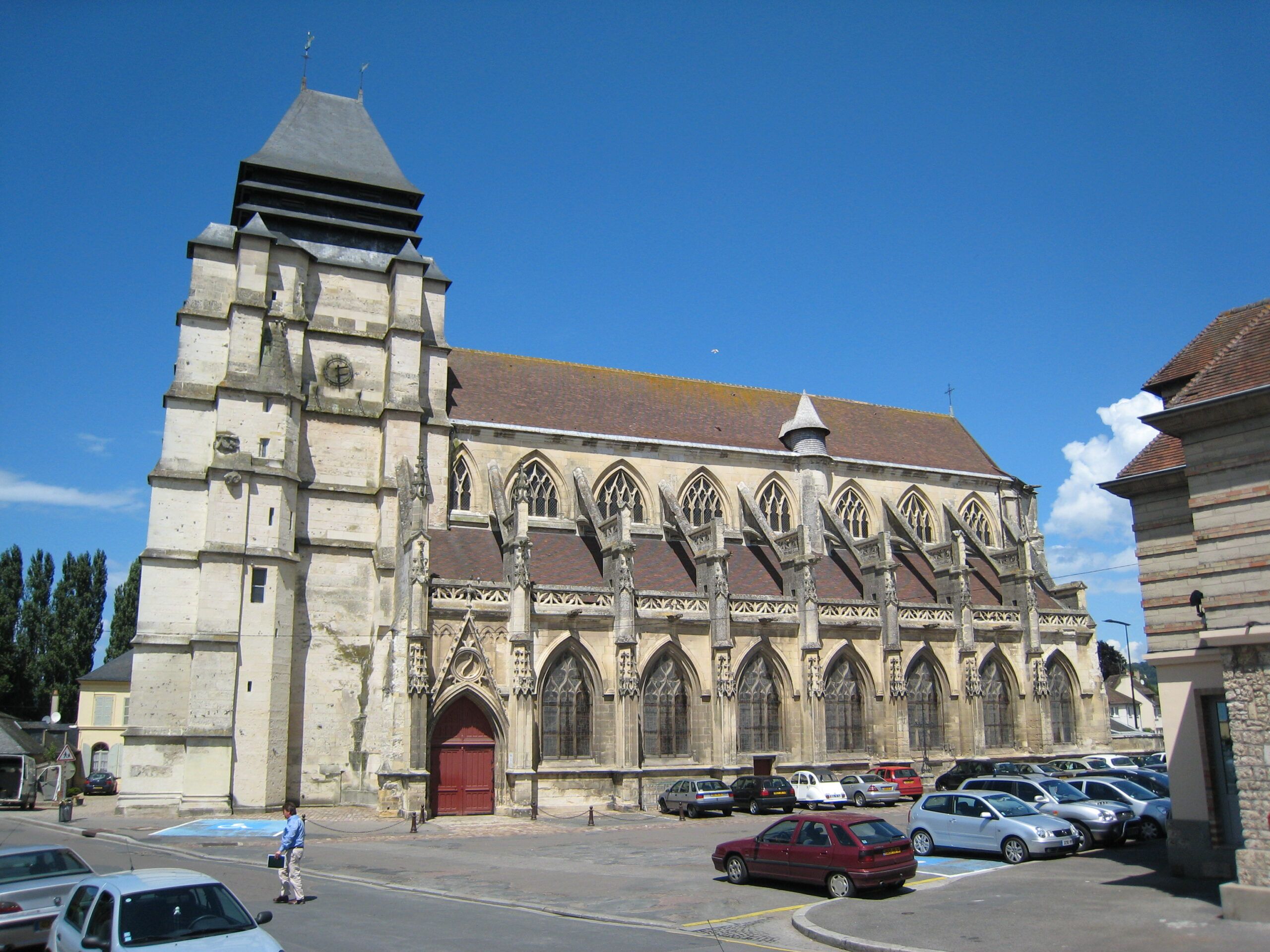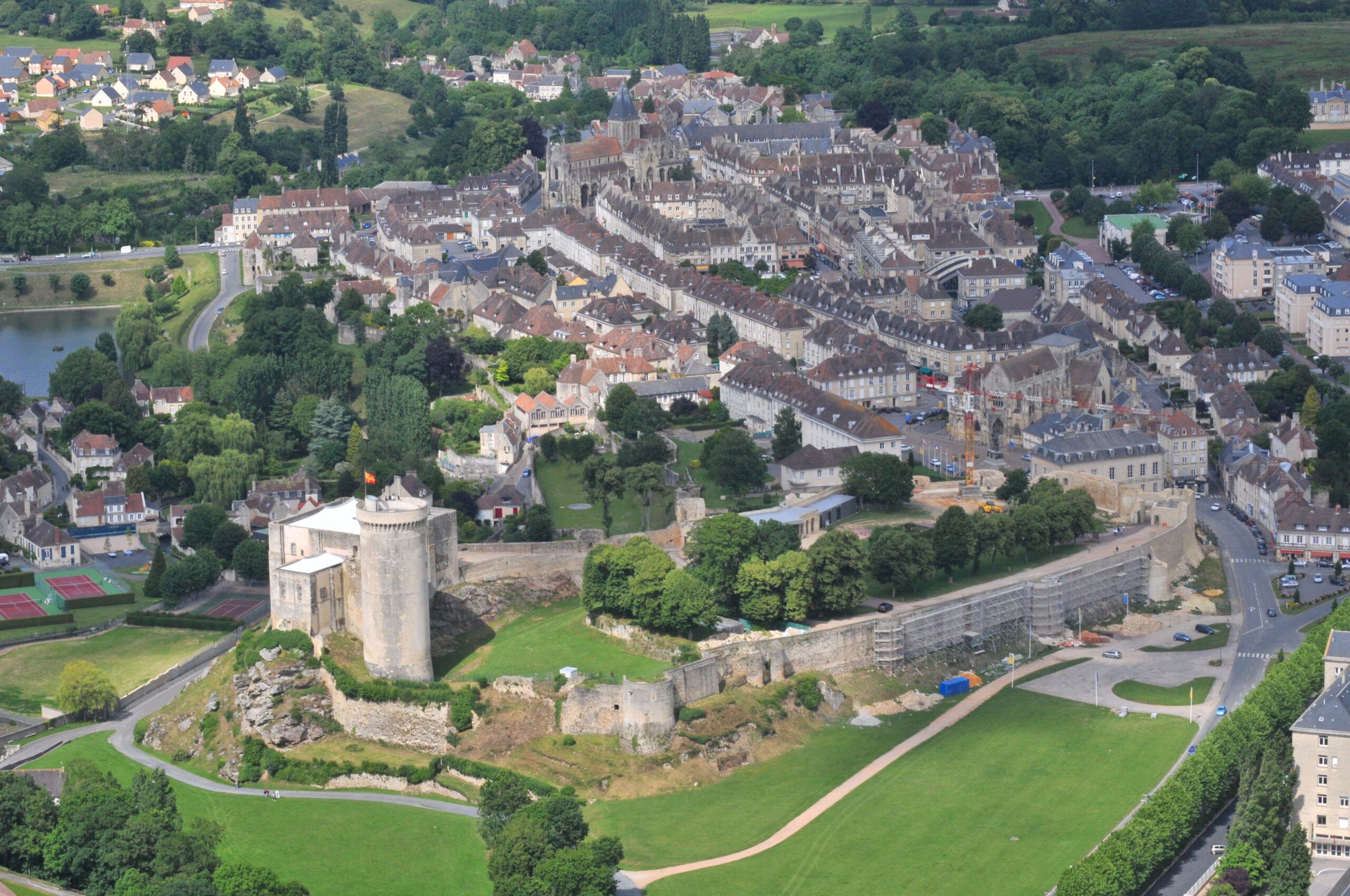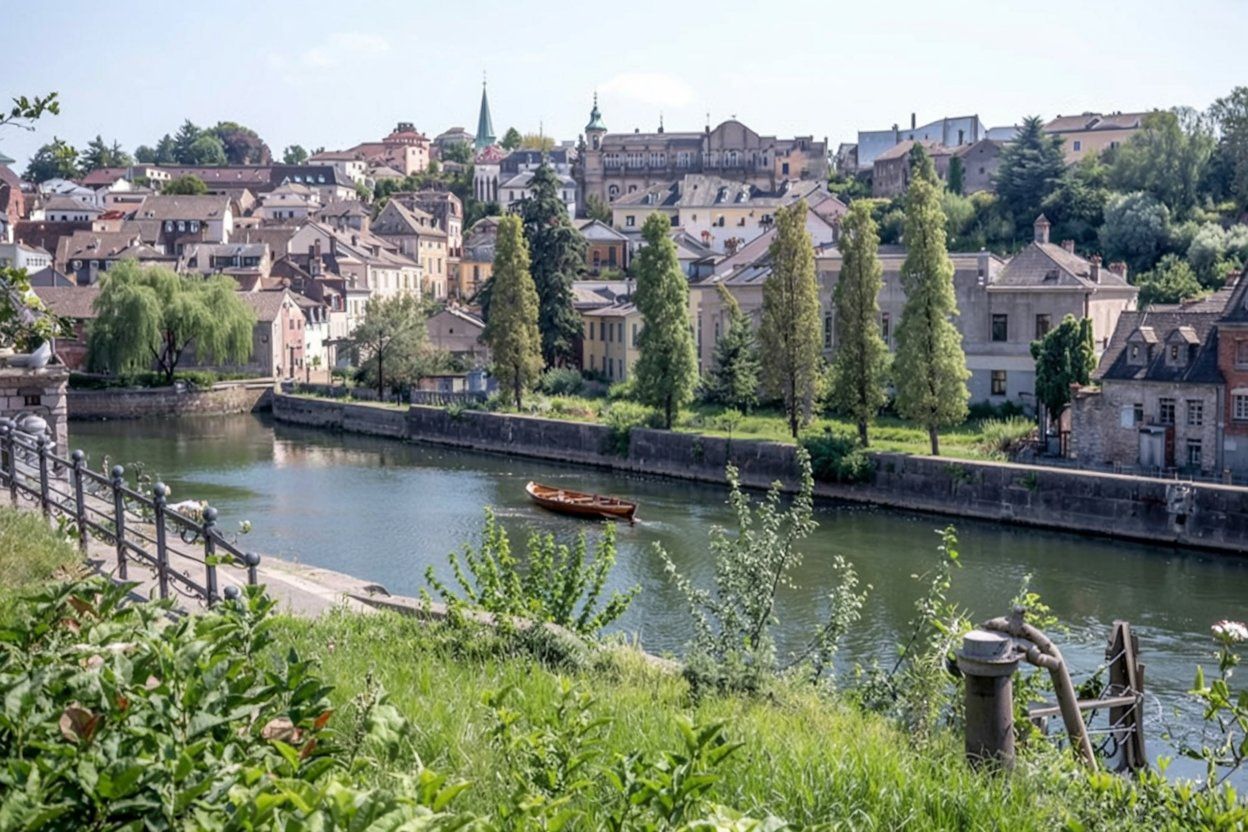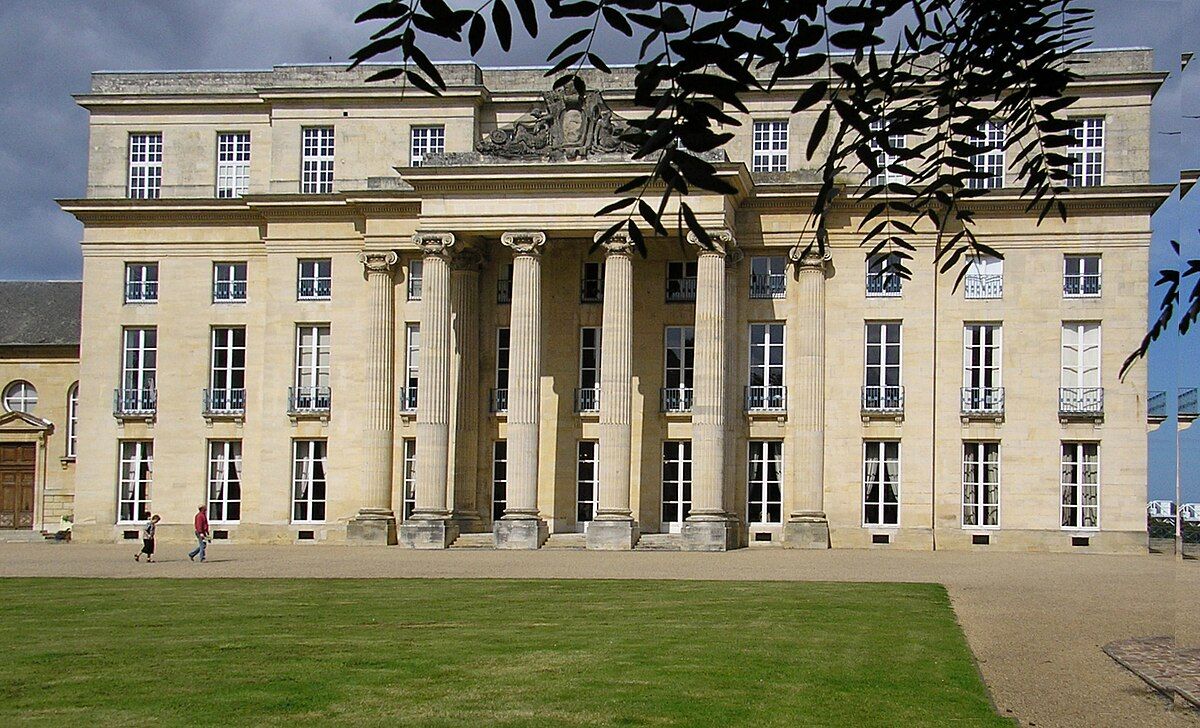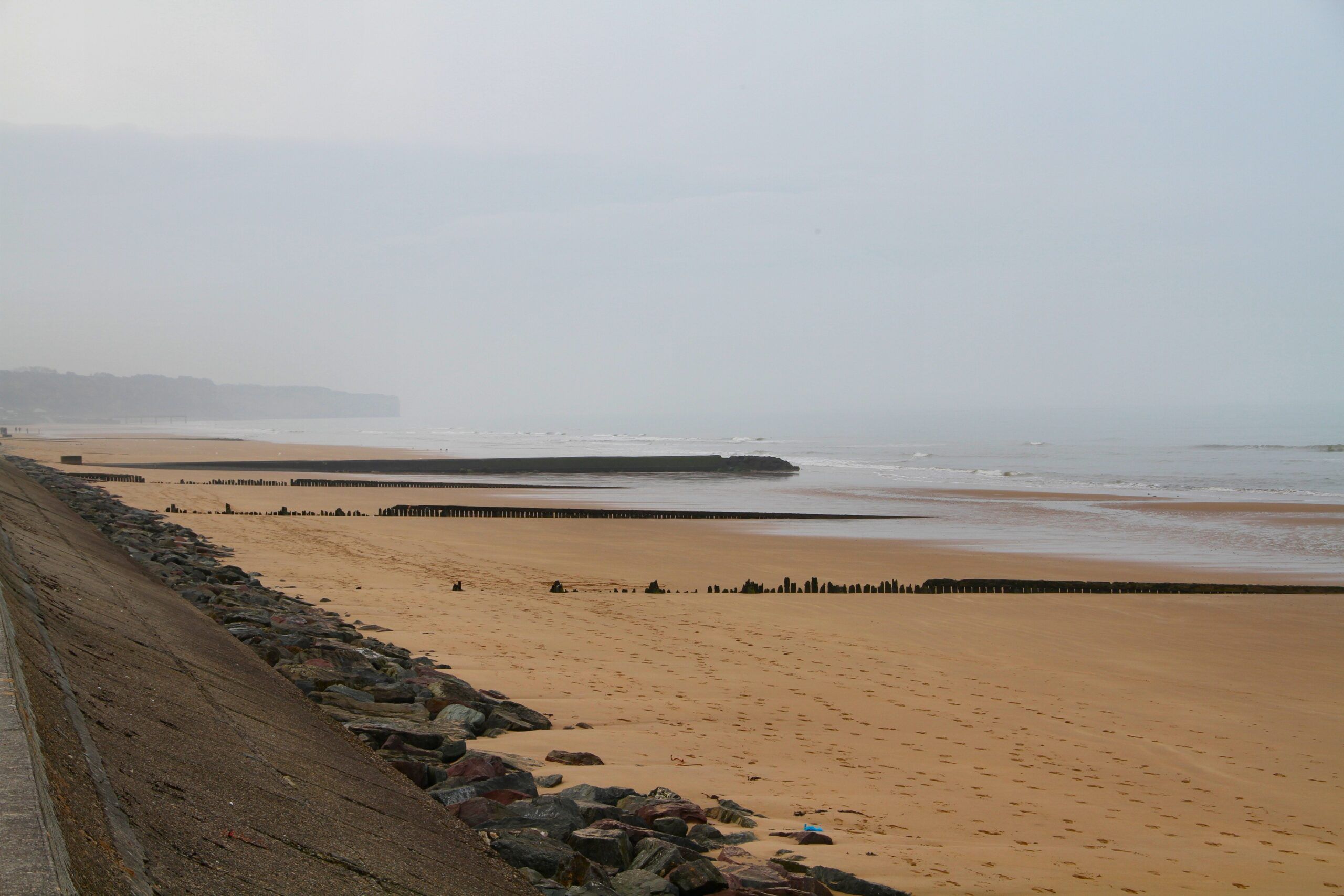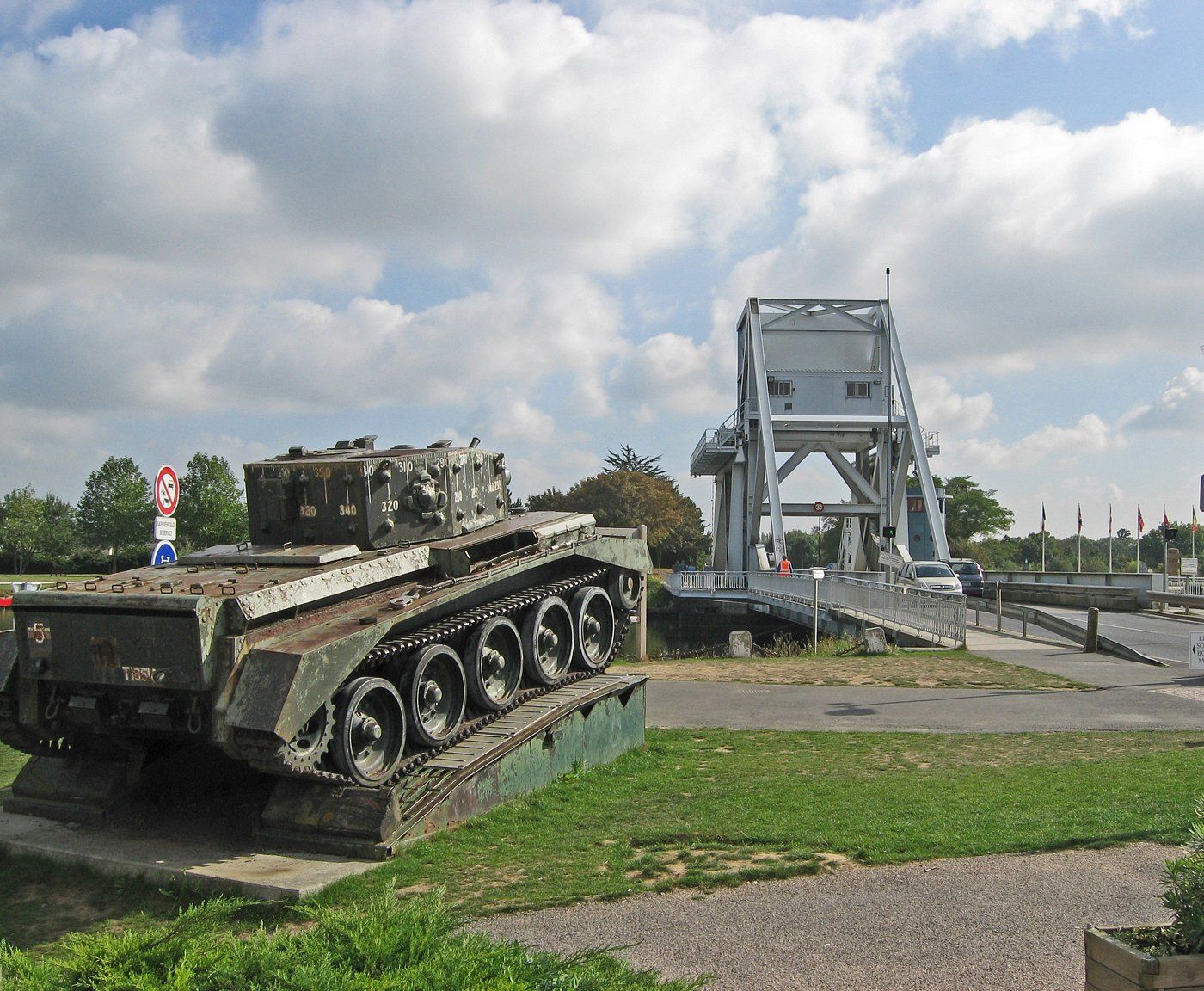Pont-l’Évêque greets you with its classic Norman character and those iconic half-timbered houses. This historic spot is both a cultural destination and a handy base for checking out Normandy’s D-Day sites. If you’re after a mix of peaceful small-town life and powerful WWII history, you’ll find it here.
Staying in Pont-l’Évêque means you can reach the main D-Day beaches easily, all while enjoying authentic French surroundings and avoiding the busiest tourist spots. The town itself is all about simple pleasures—wandering historic streets, stepping inside Saint-Michel Church, and tasting Calvados (apple brandy) from local distilleries. It’s a nice counterbalance to the more somber D-Day sites along the coast.
Visit Recommended D-Day historic hotels and B&Bs along the invasion beaches.
If you’re planning a 2025 trip, consider splitting your time between Pont-l’Évêque’s own attractions and day trips to the D-Day landmarks nearby. This way, you’ll get a real sense of both today’s Norman culture and the region’s deep wartime legacy. The location really works for travelers who want history and French small-town life in one go.
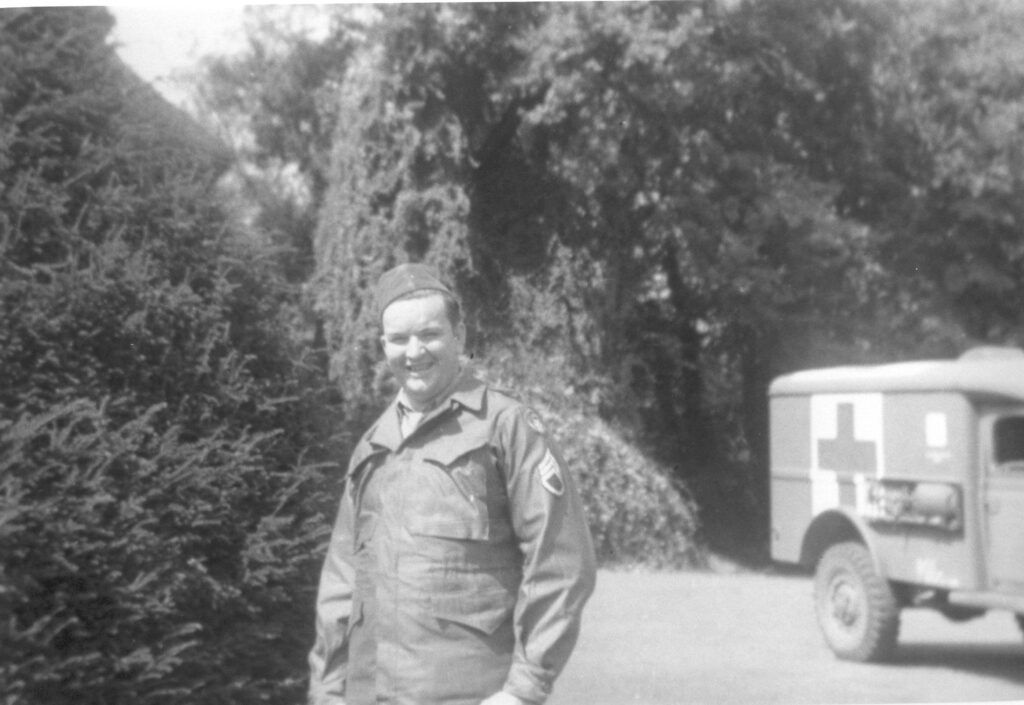
(Photo Courtesy of Imperial War Museum)
Overview of Pont-l’Évêque: Location and Historical Significance
Pont-l’Évêque sits at a crossroads in Normandy, and that’s shaped its story for centuries. Its spot between regions and along old trade routes made it valuable in both commerce and war.
Geographical Setting in Normandy
You’ll find Pont-l’Évêque between Upper and Lower Normandy, tucked into the Calvados department of northern France. The name comes from the bridge (“pont”) over the Touques River, and “l’Évêque” nods to the bishop who used to control the crossing.
It’s a practical place, really. Major routes connect Paris and Rouen to the Brittany coast right through here, so it’s long been a stop for travelers and merchants.
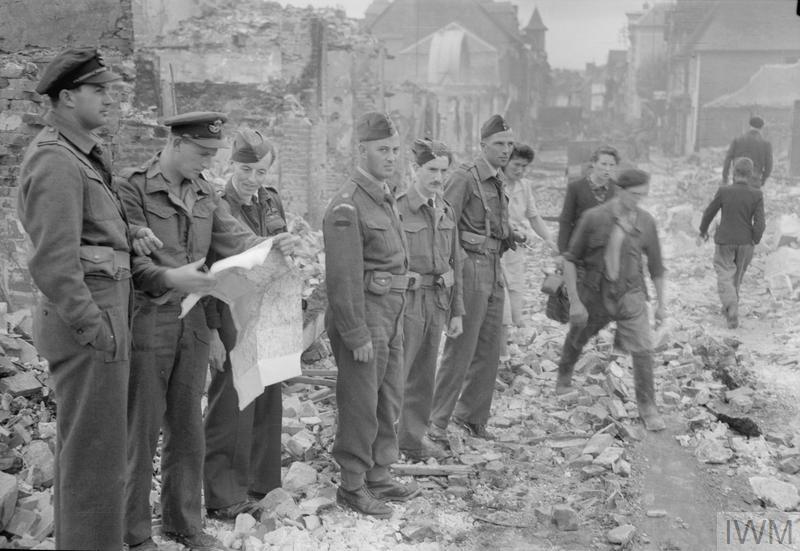
(Photo Courtesy of Imperial War Museum)
These days, you can get to Pont-l’Évêque easily from coastal towns like Deauville and Honfleur. Paris is about two hours away by car, and the town makes a great base for exploring Normandy’s rolling hills and apple orchards.
Pont-l’Évêque’s Role in France’s History
The town’s strategic spot has given it an outsized role in French history. Since Roman days, whoever controlled this crossing had power over trade and movement.
During the Hundred Years’ War, English troops occupied Pont-l’Évêque in the 15th century. Later, the town endured tough times during the French Wars of Religion before things settled down and prosperity returned.
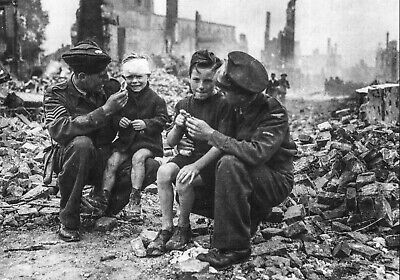
World War II brought Pont-l’Évêque back into the spotlight. A tough 2-3 day battle broke out here just after the D-Day landings in June 1944. Allied forces had to secure this inland spot as they moved off the beaches.
Of course, it’s not all about war. Pont-l’Évêque is also famous for its cheese. The square-shaped soft cheese with the town’s name has been made here since the 12th century and is still a big deal in France’s cheese world.
World War II and D-Day: Impact on Pont-l’Évêque
Pont-l’Évêque’s WWII story mirrors the broader struggles of Normandy. The town took heavy damage during German occupation and the Allied campaign that followed.
Events in Pont-l’Évêque During the Normandy Landings
When Allied troops landed on June 6, 1944, Pont-l’Évêque was still under German control. It didn’t see the first wave of D-Day action, but the impact hit soon after.
German forces picked the town as a strategic point, thanks to its place on key roads and bridges. They set up strong defenses all around.
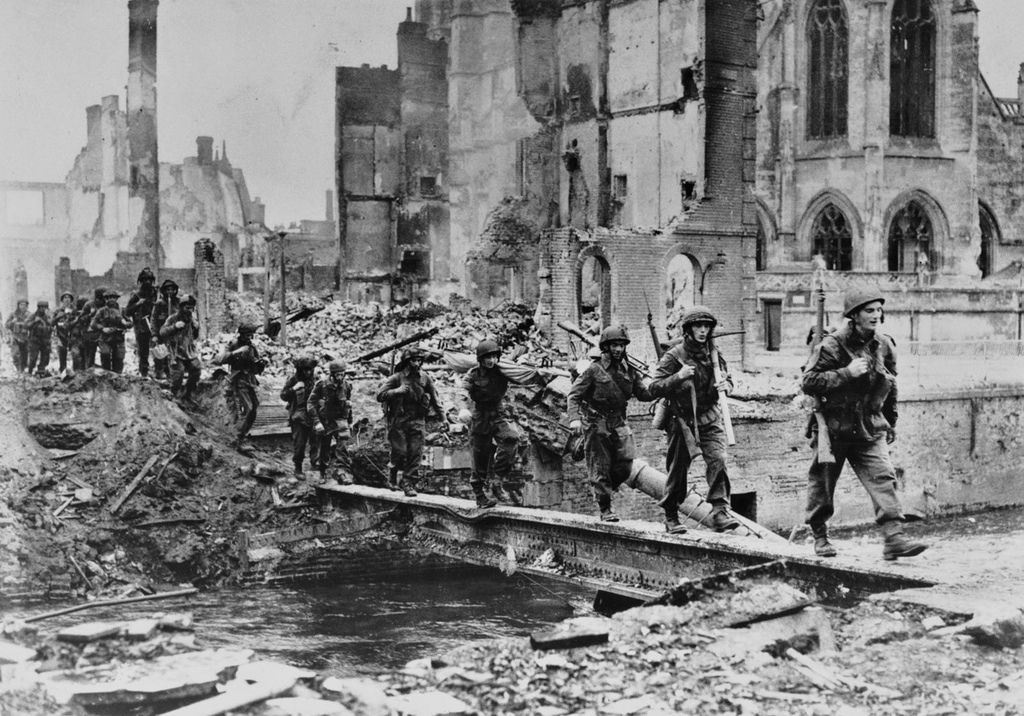
(Photo Courtesy of TravelTips.France)
Locals lived under strict German rules—rationing, curfews, soldiers everywhere. It was a tough, tense daily life.
As the Allies advanced inland, Pont-l’Évêque became a hot spot for both sides. The town’s roads and bridges were essential for moving troops and gear.
Liberation of Pont-l’Évêque
Allied troops reached Pont-l’Évêque in August 1944, about two months after D-Day. The fight for the town lasted a few days and got pretty brutal.
Allied bombing left the place in ruins—about 65% of Pont-l’Évêque was destroyed during the battle, according to records.
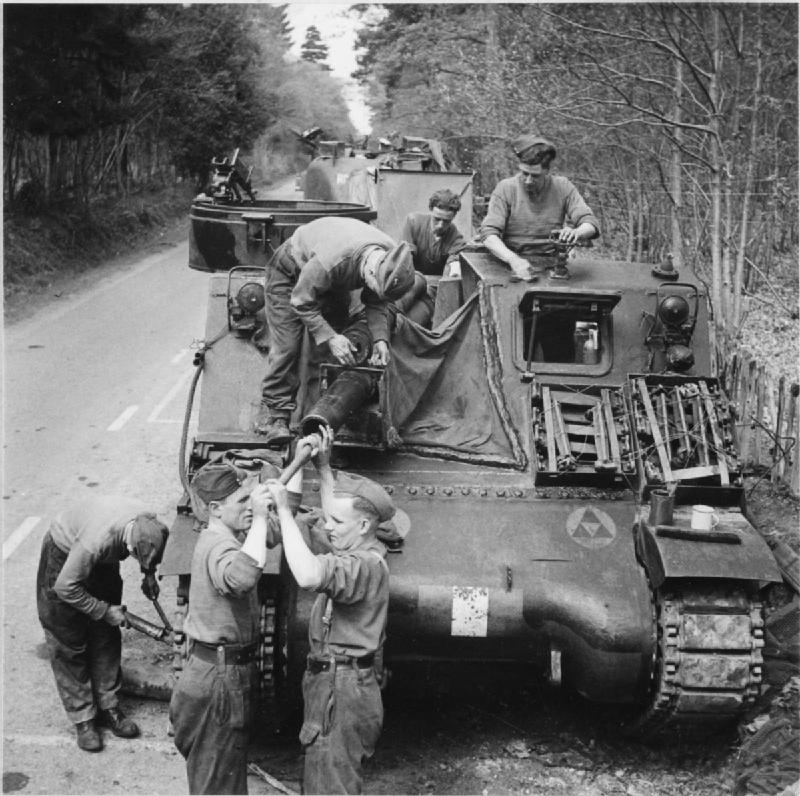
British and Canadian soldiers led the charge to free the town, running into fierce German resistance in the narrow streets.
Civilians bore the brunt of the fighting. Many were killed or wounded during the bombings and crossfire.
After the dust settled, those who survived faced the massive task of rebuilding from scratch. Homes, shops, and basic infrastructure were gone.
Notable WWII Memorials and Monuments
Today, you’ll find several memorials in and around Pont-l’Évêque honoring those who fought and died here. There’s a monument in the town square for the liberation forces.
The local museum has exhibits about the occupation and liberation. Old photos show the town before and after the destruction—it’s a stark reminder of what war does.
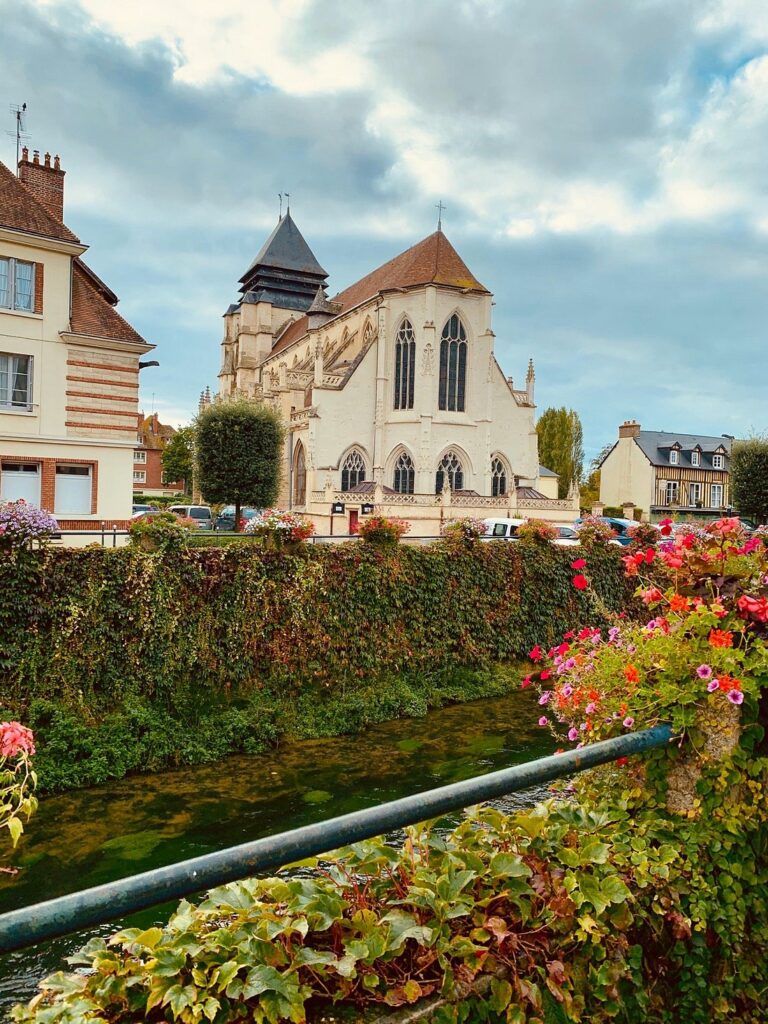
Plaques around the town center mark where key events happened during the battle. They’re easy to spot as you walk around.
Just outside town, there’s a small cemetery with the graves of soldiers who died in the fighting—both Allied and German.
When you visit these places, it’s worth taking a moment to think about the town’s resilience. Modern Pont-l’Évêque really stands as proof of how determined its people were to rebuild.
Historic Sites and Museums
Pont-l’Évêque gives visitors a handful of historic sites that highlight both its WWII past and broader heritage. It’s a solid base for D-Day trips, but there’s plenty in town to explore, too.
Legacy of WWII in Local Museums
The town’s location makes it a great jumping-off point for D-Day tours. You’ll find guided trips leaving regularly for the landing beaches, which are about 30 miles away. The guides here really know their stuff and are passionate about sharing this history.
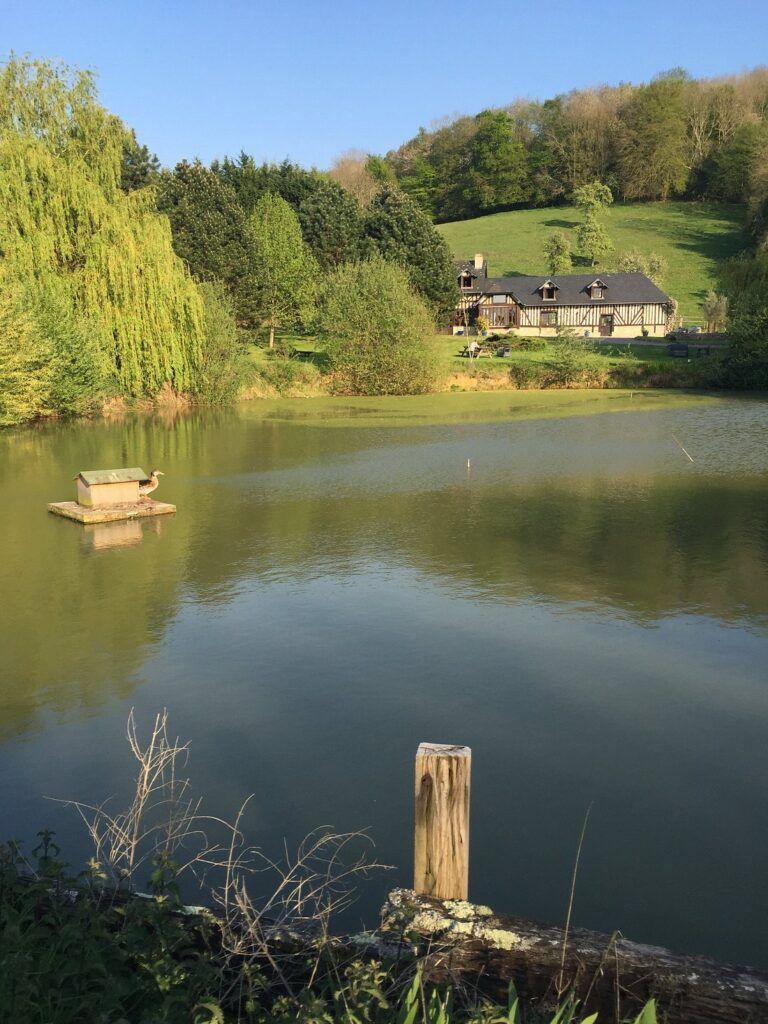
In town, there are small exhibits about local experiences during the occupation and liberation. The Municipal Museum keeps a collection of wartime photos, artifacts, and stories from residents who lived through it all.
A plaque in the town square honors resistance fighters and civilians lost in the conflict. It’s a simple but moving tribute that helps you grasp what the war meant for this community.
Other Significant Heritage Sites
Saint-Michel Church is probably the town’s most impressive historic building. Its architecture spans several eras, with some parts dating back to the 1400s. Inside, you’ll find beautiful stained glass and religious art.
The old town center is full of half-timbered houses typical of Normandy. Walking tours point out these buildings—some are centuries old—with their wooden frames and colorful exteriors.
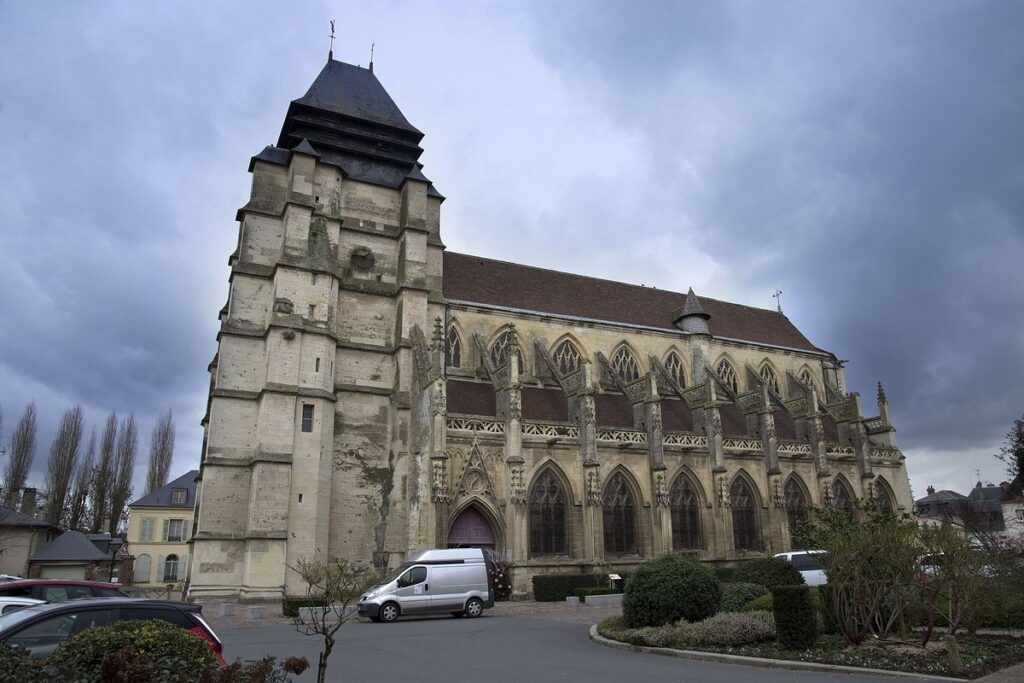
The former courthouse, now a cultural center, gives you a glimpse of the town’s administrative past. Its classical style stands out next to the medieval architecture.
And if you like a tipple, the traditional Calvados distilleries are a must. Many offer tours where you’ll see old-school production methods and, of course, get to sample the famous apple brandy.
Modern Pont-l’Évêque: Town Life and Culture
Pont-l’Évêque today keeps its historic roots alive while embracing a lively, modern vibe. The town’s markets, food, and community events keep things interesting and authentic.
Stay steps from Omaha Beach and historic landmarks. Best rates on local accommodations.
Traditional Markets and Gastronomy
The weekly market happens every Monday morning in the center. Local farmers bring in fresh Normandy produce—apples, dairy, seafood from the coast, you name it.
Pont-l’Évêque cheese is still the star here. This square-shaped, washed-rind cheese has been made in the region since the 12th century. You can buy it from local producers or at the town’s cheese shops.
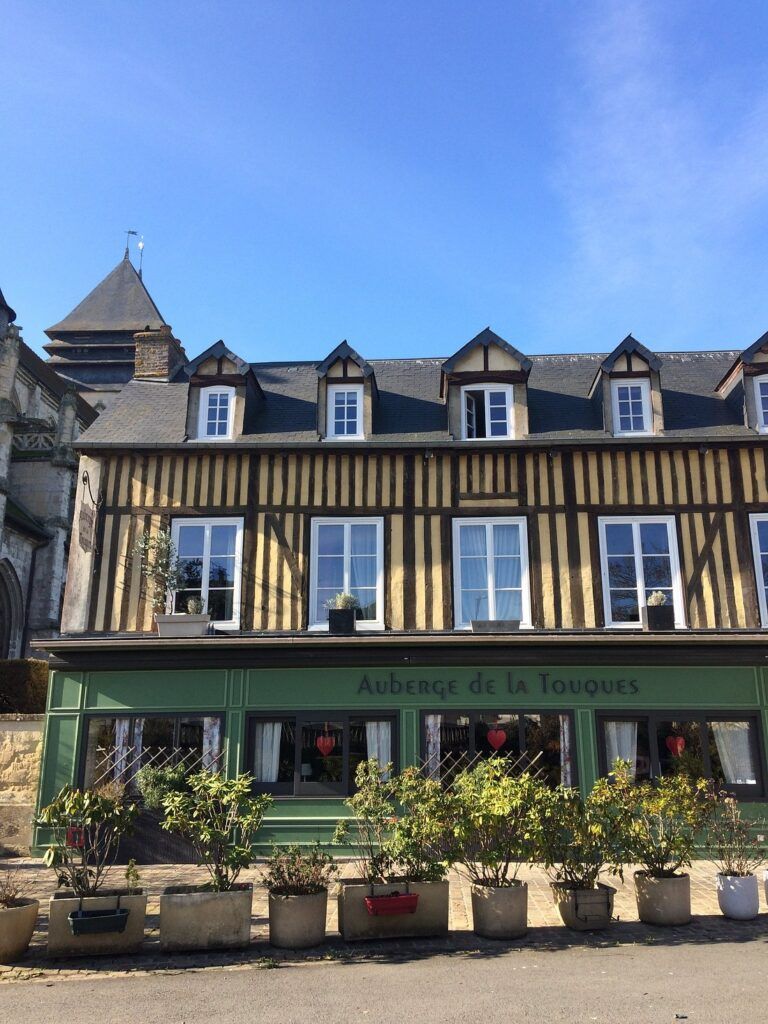
Normandy cider and calvados are big in the local food scene, too. Most restaurants serve classic Norman dishes like poulet à la normande (chicken in cream sauce) and tarte aux pommes (apple tart).
Bakeries turn out fresh bread and pastries daily, often sticking to traditional recipes passed down for generations.
Annual Festivals and Events
The Cheese Festival in August puts the spotlight on Pont-l’Évêque’s dairy traditions. Expect tastings, cheese-making demos, and a little friendly competition among local producers.
October brings the Apple Harvest Festival, celebrating Normandy’s apple season. There are apple pressing demos, calvados tastings, and plenty of food stalls around the center.
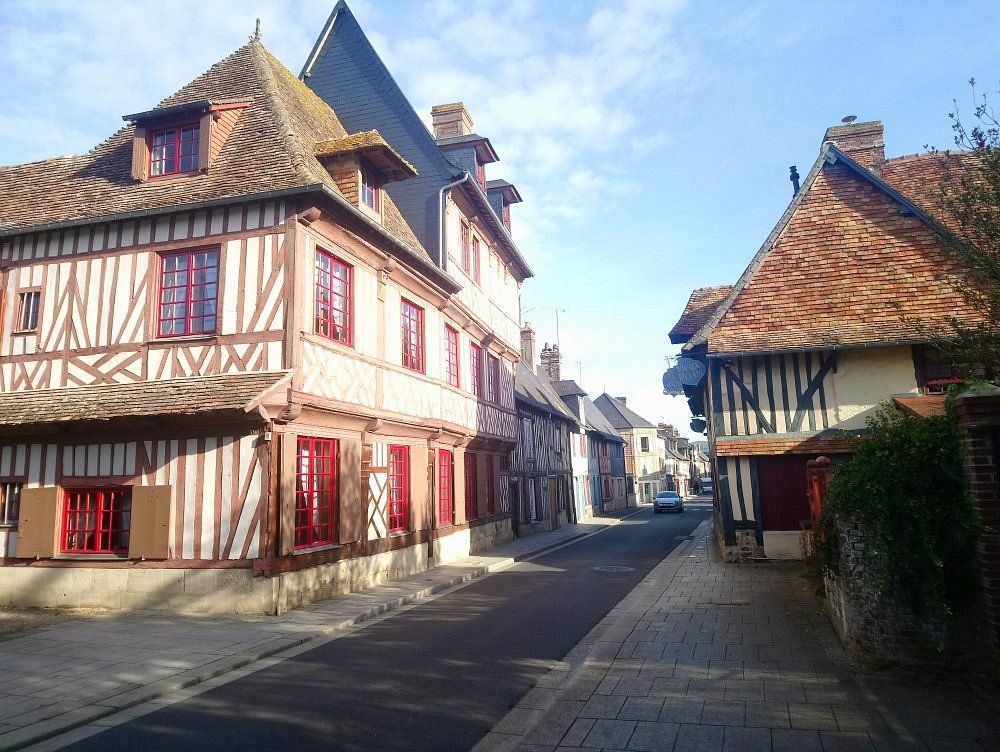
In July and August, the Summer Arts Festival fills the streets with music, theater, and art. Performances pop up in the town square and churches, with artists from the region and beyond.
Remembrance ceremonies each June mark the D-Day anniversary. These somber events keep the memory of WWII alive through memorials and exhibitions.
Top Attractions and Things to Do Today
Pont-l’Évêque blends historic charm with modern-day attractions. The town works well as a base for exploring both local culture and the wider Normandy area.
Exploring the Town Centre
The heart of Pont-l’Évêque is full of half-timbered buildings that have seen centuries go by. At Calvados Père Magloire L’Experience (4.8/5 from visitors), you’ll learn about the region’s famous apple brandy—tours here always finish with a tasting.
Calvados Christian Drouin, another favorite (4.7/5), is a family-run distillery where you can see traditional production and sample their award-winning calvados.
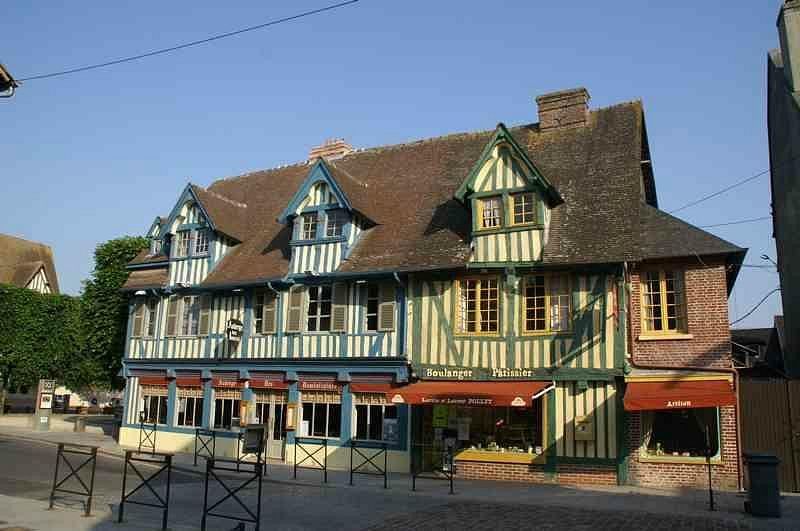
The medieval streets are made for wandering—pop into little boutiques for local crafts and pick up some of that famous Pont-l’Évêque cheese.
The Office of Tourism has maps and info if you want to dig deeper into the town’s attractions.
Outdoor Activities in Normandy
Normandy’s countryside around Pont-l’Évêque is great for anyone who likes being outdoors. The Circuit Automobile EIA is a real treat if you’re into motorsports—they let you get behind the wheel and try out their track.
If you’re more of a nature person, you’ll find gentle hiking trails winding through apple orchards and green pastures. Bike rentals are easy to find in town, so you can wander the rural backroads at your own pace.
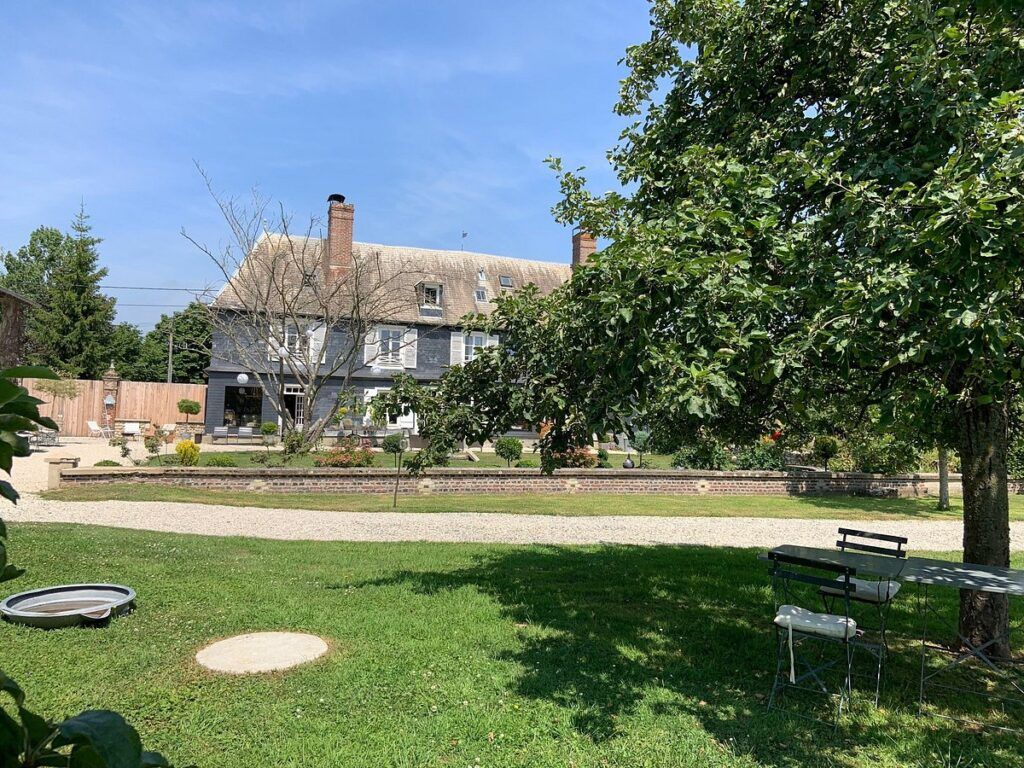
Day trips to coastal spots like Honfleur (that harbor is as pretty as the postcards suggest) are simple to plan. You can also drive to the historic D-Day beaches in under an hour, which makes Pont-l’Évêque a handy base for exploring Normandy’s WWII sites.
The Normandy coast has plenty of options for sailing and other water activities, especially when the weather warms up.
Planning Your Visit: Travel and Accommodation
You’ll want to sort out transportation and a place to stay before heading to Pont-l’Évêque. The town sits right in the middle of Normandy, so it’s easy to get to, and you’ll find several comfortable places to stay while you explore.
Find the perfect base for exploring Utah Beach, Pointe du Hoc, and beyond.
How to Get to Pont-l’Évêque
Pont-l’Évêque is about 190 km northwest of Paris. There are a few ways to get there, depending on your style.
If you drive, the A13 autoroute from Paris gets you there in about two and a half hours. Having a car lets you roam the countryside whenever you want.
Trains run from Paris Saint-Lazare to Lisieux (takes about 1 hour 40 minutes), then it’s a short 15-minute bus or taxi ride to Pont-l’Évêque. Book through SNCF if you go this route.
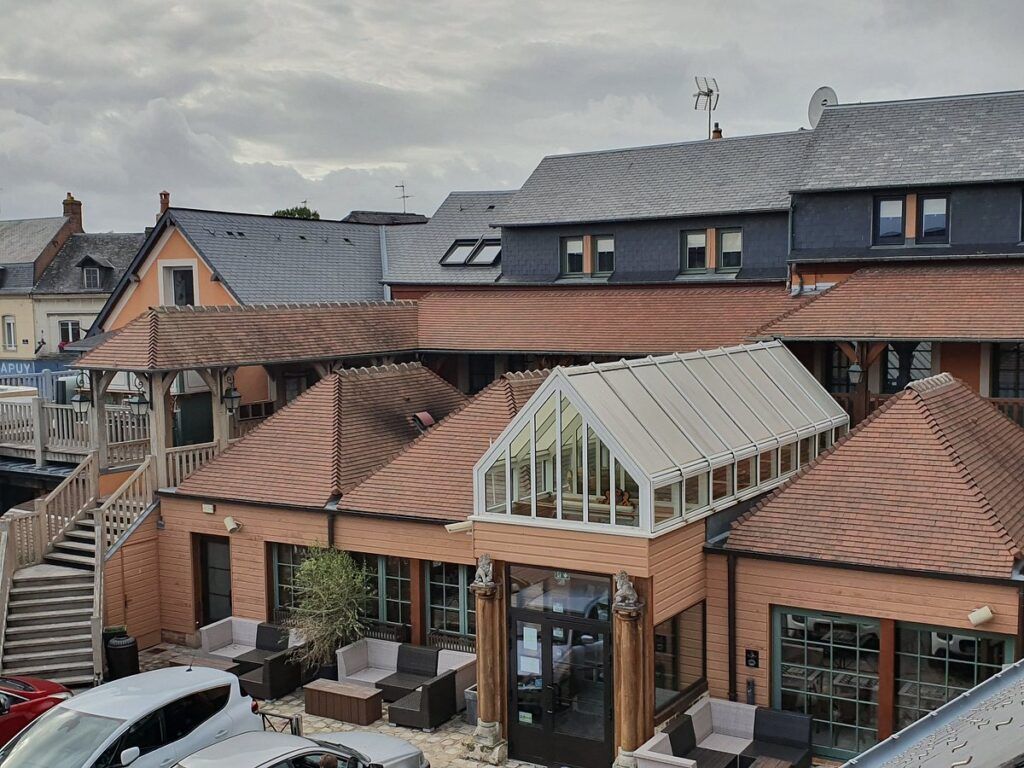
The closest airports are Le Havre (40 km) and Caen (45 km). Both have car rentals and other connections.
If you’re watching your budget, there are buses linking Pont-l’Évêque with bigger Norman cities, but schedules can be a bit hit-or-miss.
See all available accommodations in Pont-l’Évêque.
Recommended Hotels and Stays
Pont-l’Évêque has places to stay that are both cozy and full of Norman charm.
- Hotel Le Trou Normand: Right in the center, with classic Norman looks
- Auberge de la Source: Tucked away in the countryside, garden views all around
- Le Relais de la Touques: Family-run, with local dishes that feel homemade
Try Booking.com for good deals, but book early if you’re coming in summer or around the D-Day anniversary (May-June)—rooms fill up fast.
Many spots throw in breakfast, and you can usually count on a taste of the town’s famous Pont-l’Évêque cheese.
See all available accommodations in Pont-l’Évêque.
Day Trips and Nearby Destinations
Pont-l’Évêque works well as a base for exploring Normandy’s history and scenery. From the port city of Le Havre to smaller towns with their own quirks, there’s plenty nearby if you want to get out for the day.
Visiting Le Havre
Le Havre is about 40 miles northwest—perfect for a day trip. The city was almost entirely rebuilt after WWII and now it’s a UNESCO World Heritage site.
The modern architecture, especially Auguste Perret’s concrete buildings, really stands out compared to the usual Norman style. It’s a different vibe, honestly.
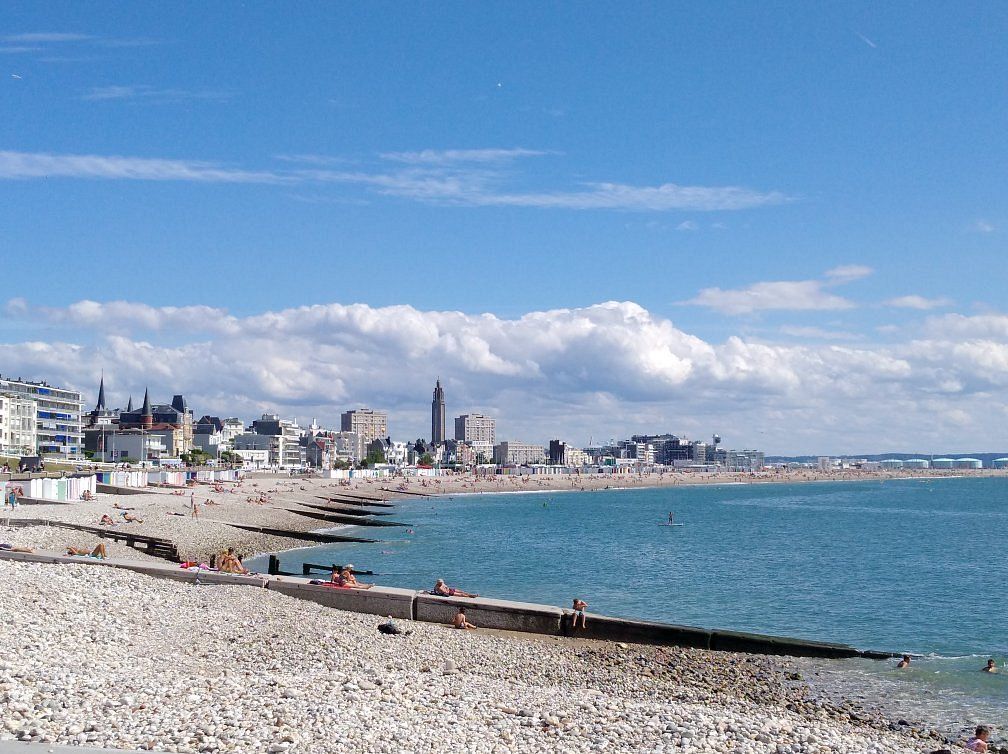
The MuMa (André Malraux Museum of Modern Art) is worth a stop, with one of France’s top Impressionist collections outside Paris. Plus, those harbor views through the museum’s windows are something else.
After sightseeing, you might want to unwind on Le Havre’s pebbled beach or grab some seafood at a waterfront restaurant. Simple pleasures, right?
Exploring Other Normandy Towns
Other towns are close by, too. Honfleur (just 15 miles away) has a harbor that’s inspired countless artists—honestly, it’s hard not to take too many photos.
Deauville and Trouville are twin seaside resorts, known for their beaches and a bit of old-school glamour. Deauville’s boardwalk (Les Planches) and Trouville’s Grande Plage draw crowds every summer.
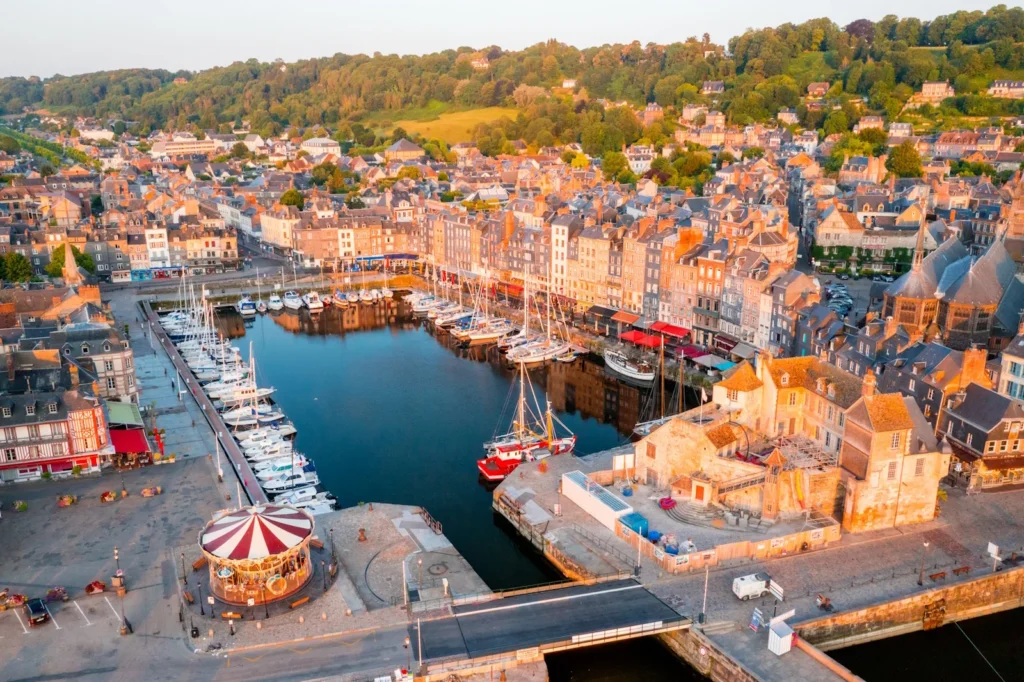
If you like animals, Parc Zoologique Cerza has more than 1,500 animals in habitats that feel surprisingly natural.
The D-Day beaches are a must for history buffs. You can visit Omaha Beach and other WWII sites on guided day trips from Pont-l’Évêque. These tours walk you through the footsteps of American troops—it’s moving, and honestly, a bit humbling.
See all available accommodations in Pont-l’Évêque.
Practical Information for Visitors
Before you go, it’s worth knowing a few basics about getting around and local customs to make your trip smoother (and maybe avoid a headache or two).
Find comfortable stays within moments of historic battlegrounds
Local Transportation Options
You can reach Pont-l’Évêque by train from Paris (about 2 hours) or Caen (half an hour). The train station is roughly 1 km from the old center, so it’s an easy 15-minute walk.
Renting a car gives you the most freedom to explore the town and nearby D-Day sites. Several agencies operate in Deauville and at Caen’s airport.
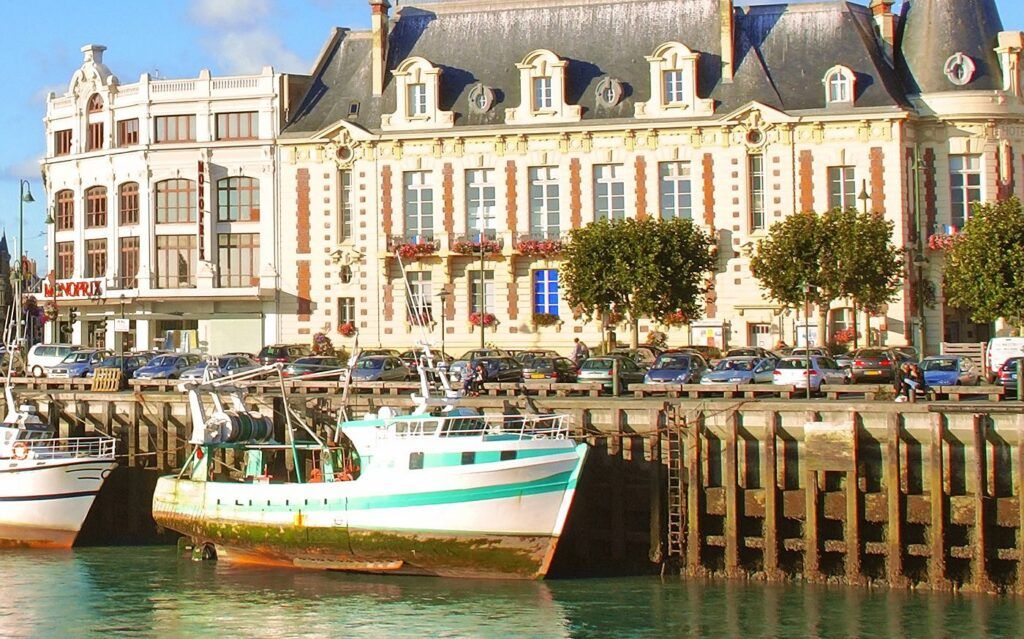
Local buses connect Pont-l’Évêque with coastal towns like Deauville and Honfleur, but weekend and holiday service is pretty limited—definitely check schedules ahead of time.
Taxis are around, but you should book in advance, especially in peak season (June-August). Cycling is another good option, and you can rent bikes in town if that’s your thing.
Useful Tips and Guidelines
The tourist office sits right in the town center, handing out maps, brochures, and info on guided tours. It’s open Monday through Saturday from 9:00 to 18:00, but don’t count on full hours Sunday—they scale things back then.
Most D-Day memorial sites stay open all year, and you can usually wander in for free. If you’re after more than just a look around, guided tours add a lot of historical context. They’re in English if you book ahead.
Recommended D-Day Tours:
- American D-Day Sites in Normandy Full-Day Tour
- American D-Day Sites in Normandy Half-Day Tour
- Half-Day Normandy WWII Sidecar Tour
- Full-Day US Battlefields of Normandy Tour
Shops often shut down for lunch (12:00-14:00), and most won’t open at all on Sundays. Restaurants tend to serve lunch from noon to 2pm and dinner from 7pm to about 9:30pm.
Bring layers—even in summer, Normandy weather likes to keep you guessing. And really, don’t forget comfy walking shoes; those cobblestone streets aren’t forgiving.
Credit cards work in most places, but it’s smart to carry some cash for smaller shops or cafés. Sure, most locals know a bit of English, but tossing out a few French phrases? Always appreciated.
See all available accommodations in Pont-l’Évêque.
From beachfront hotels to authentic French countryside stays. No booking fees.

